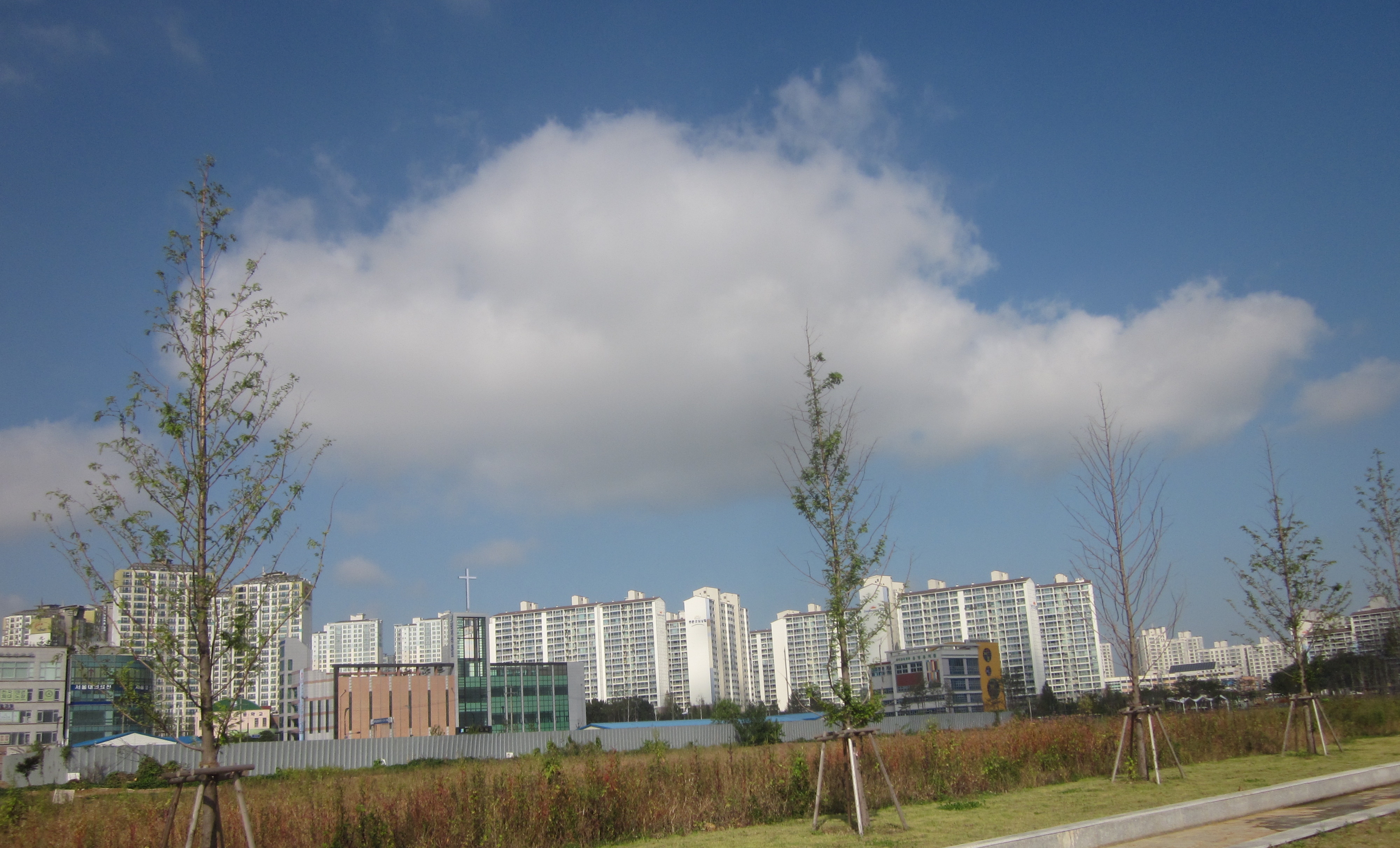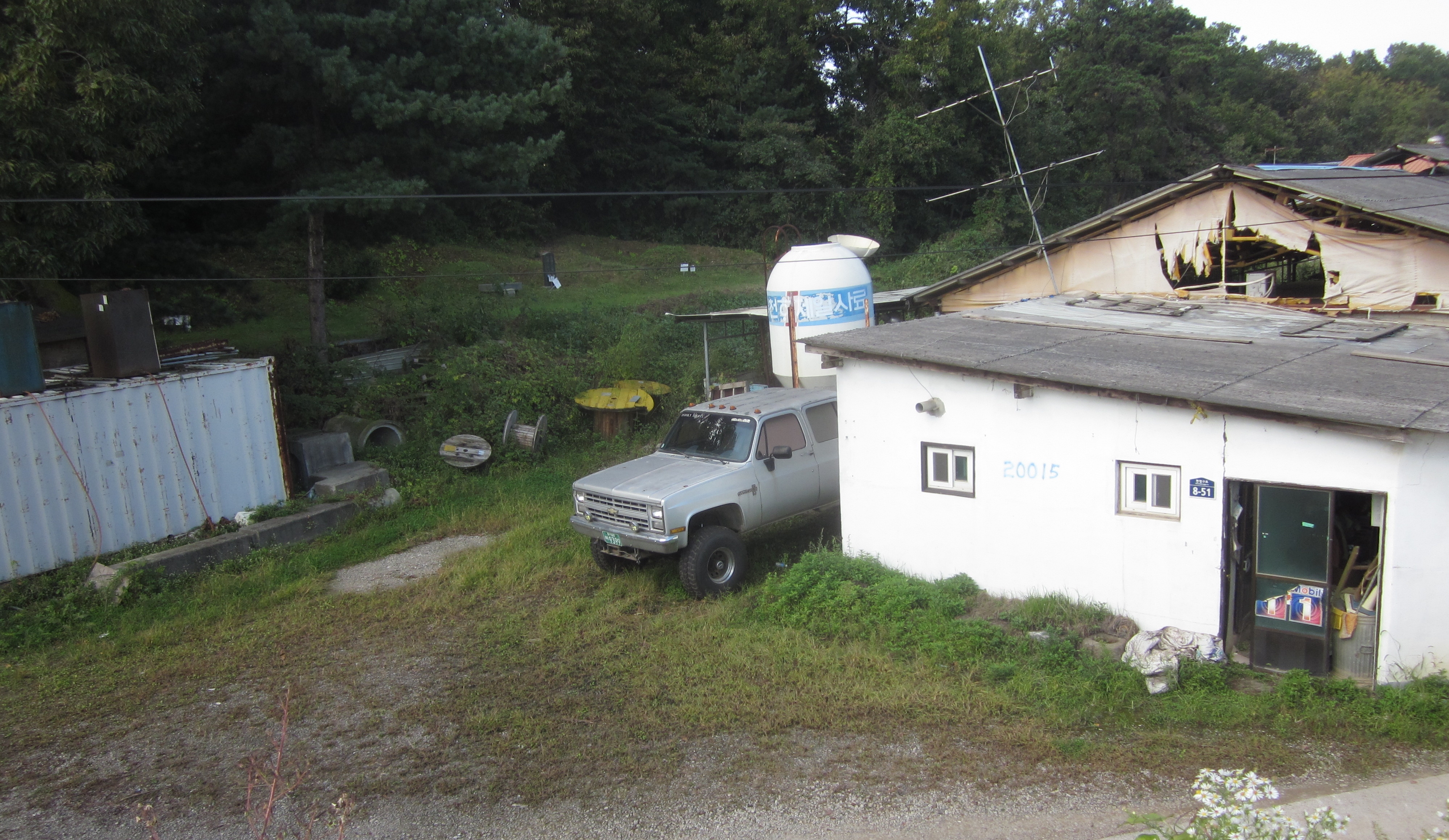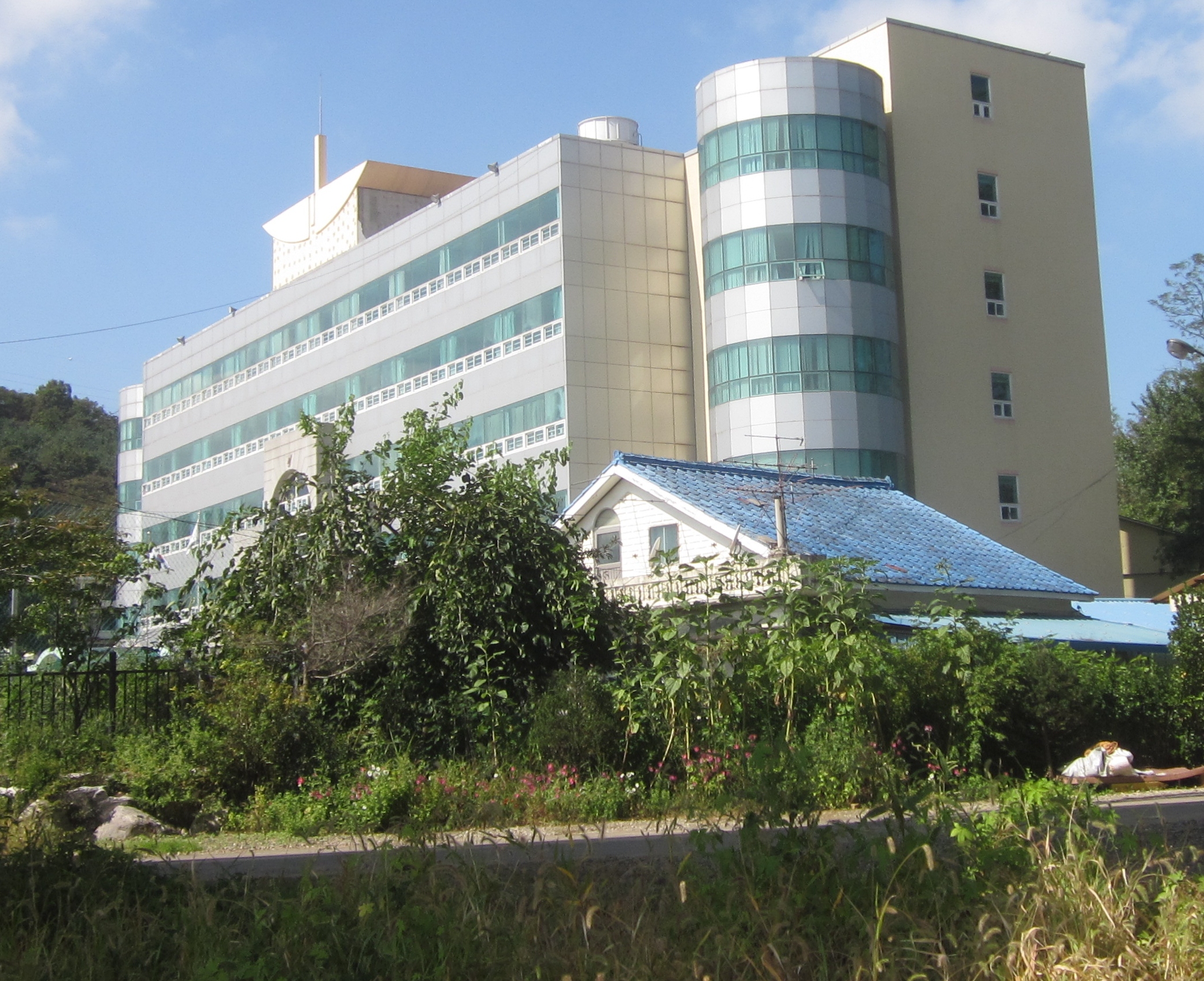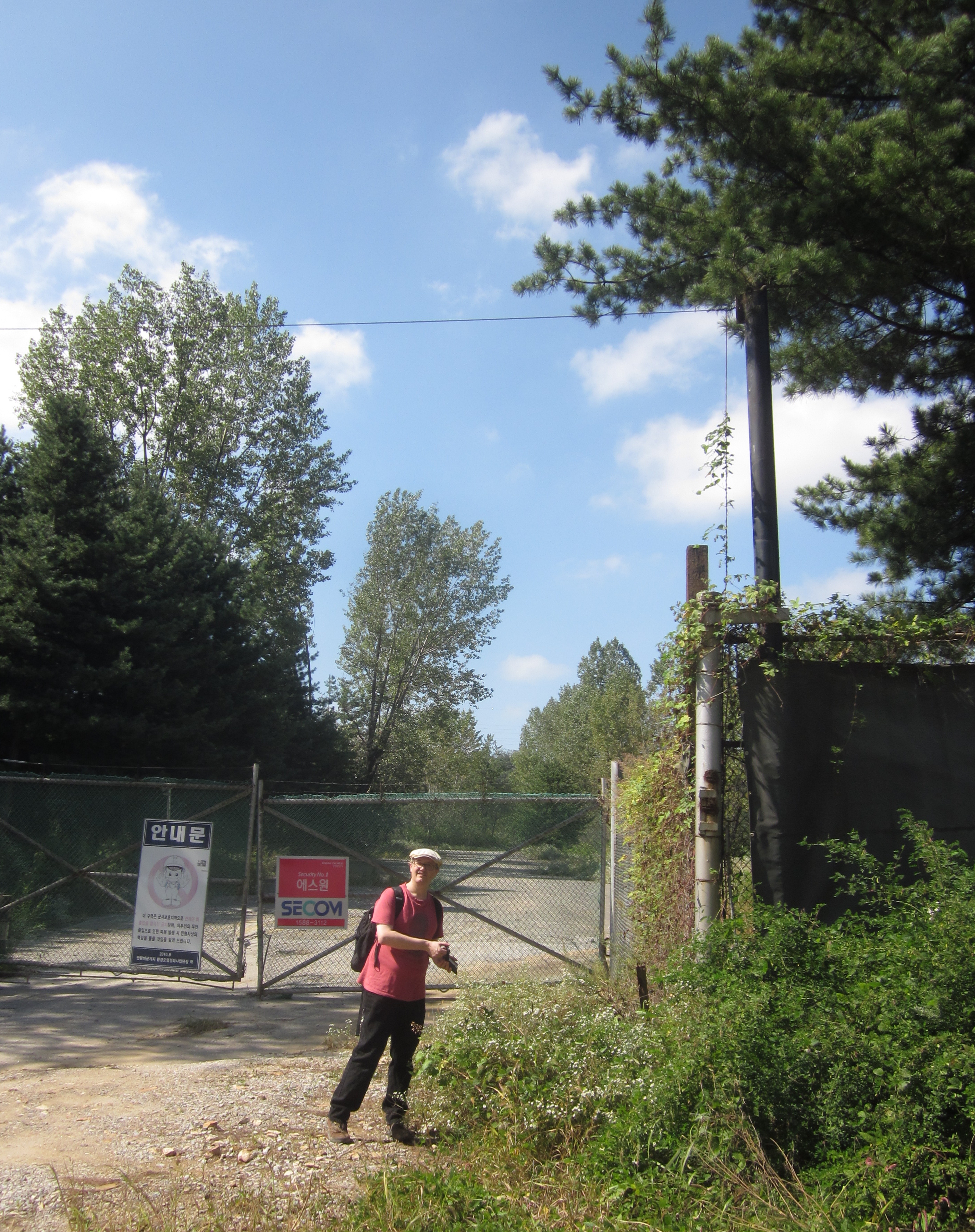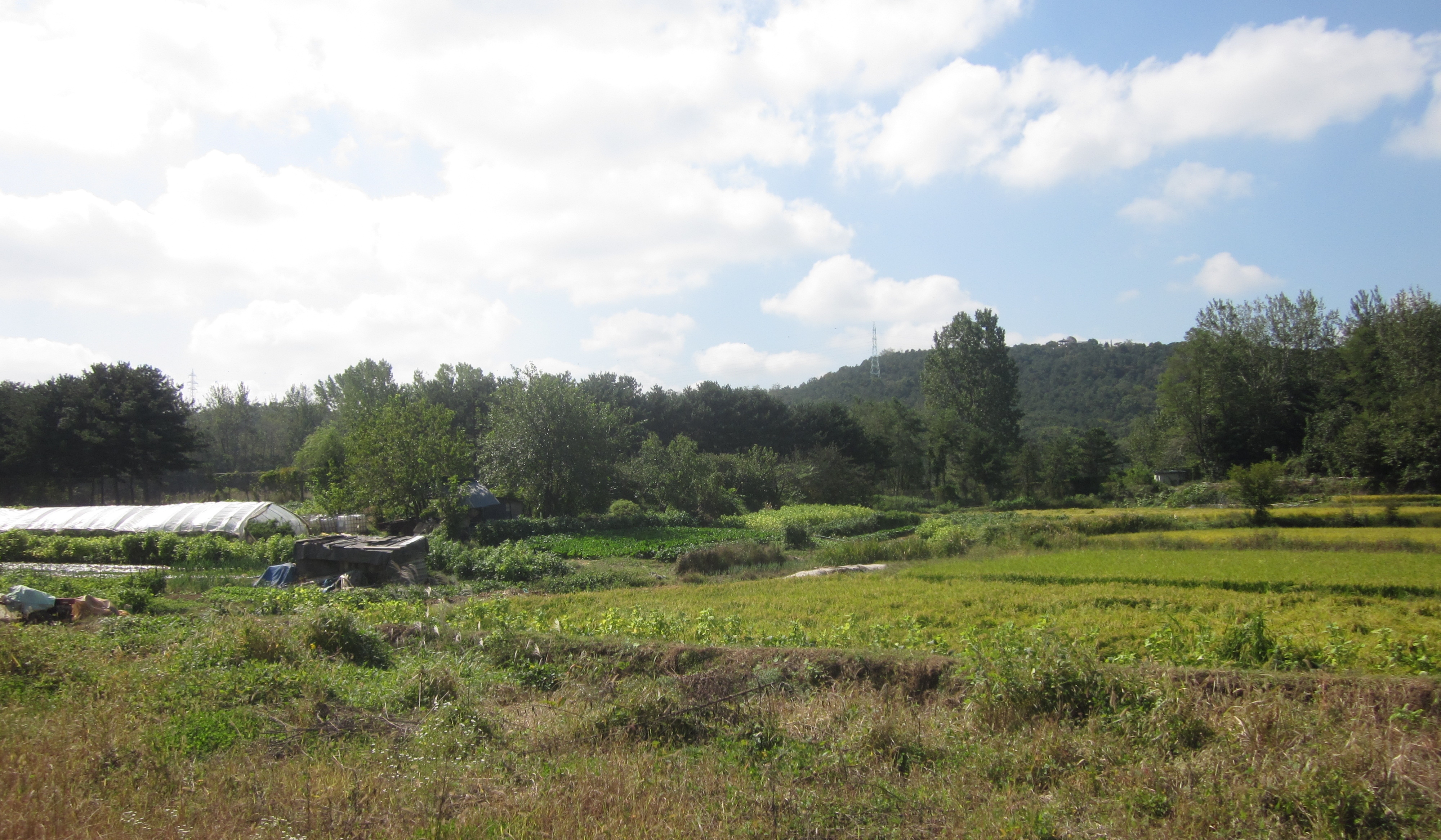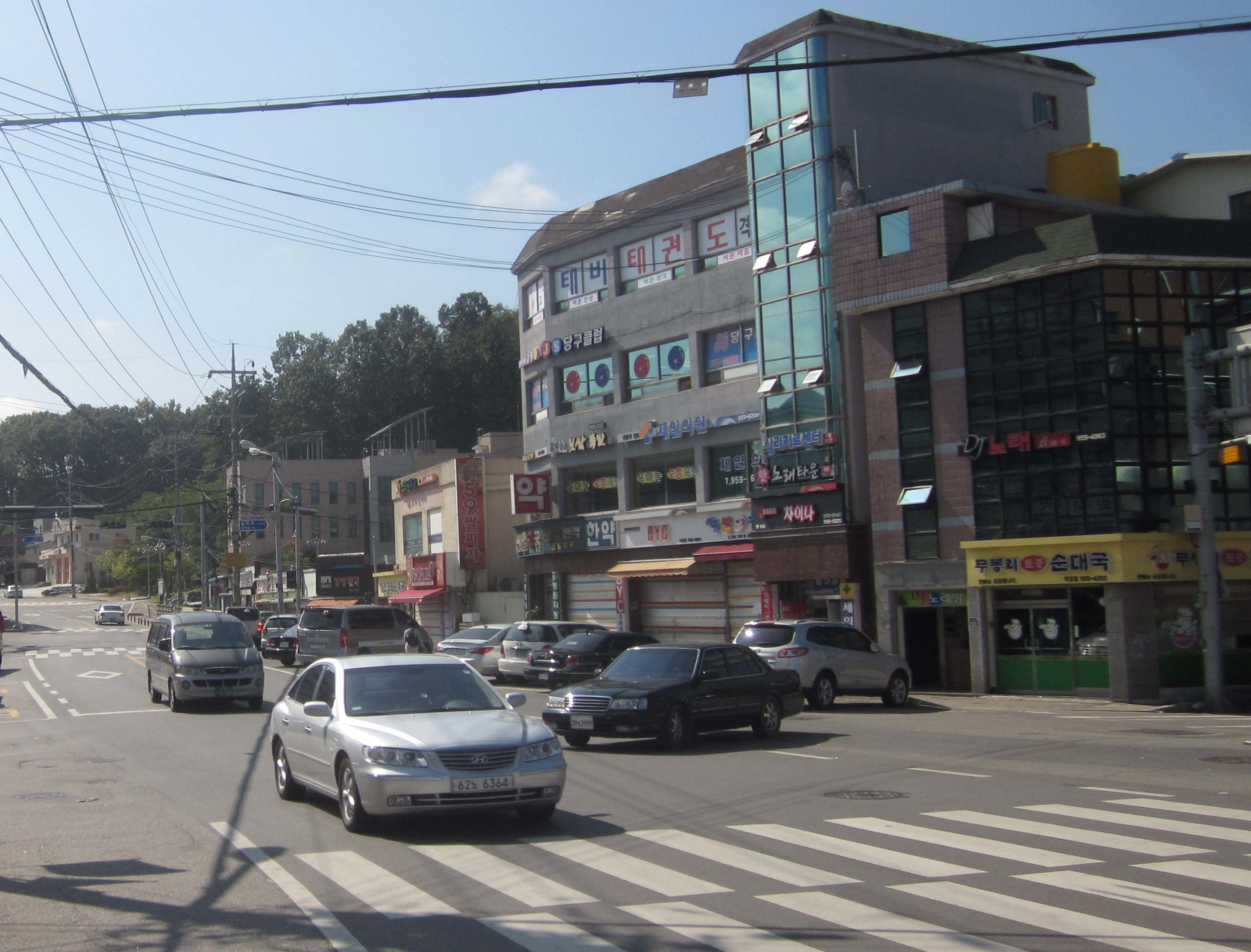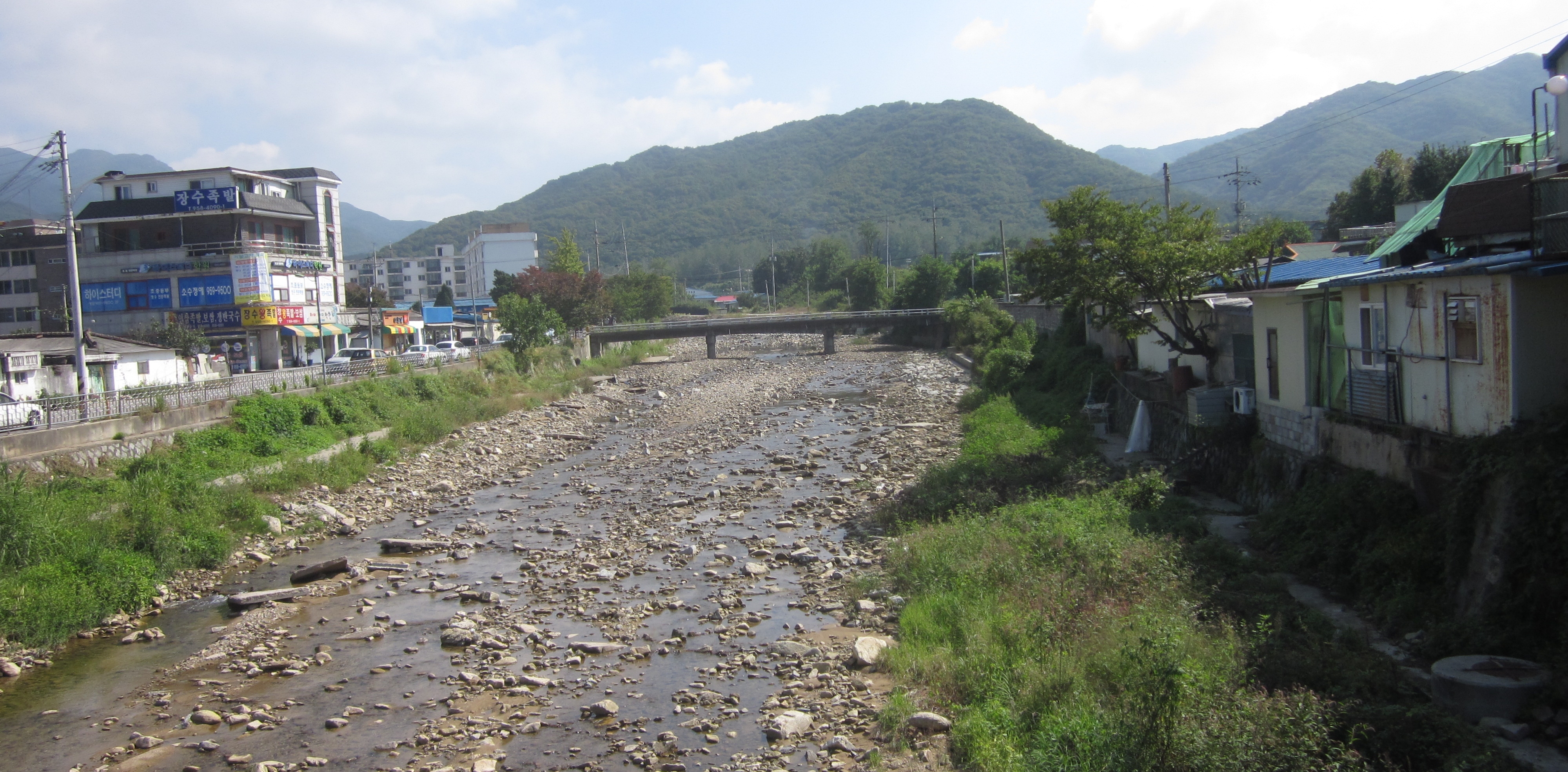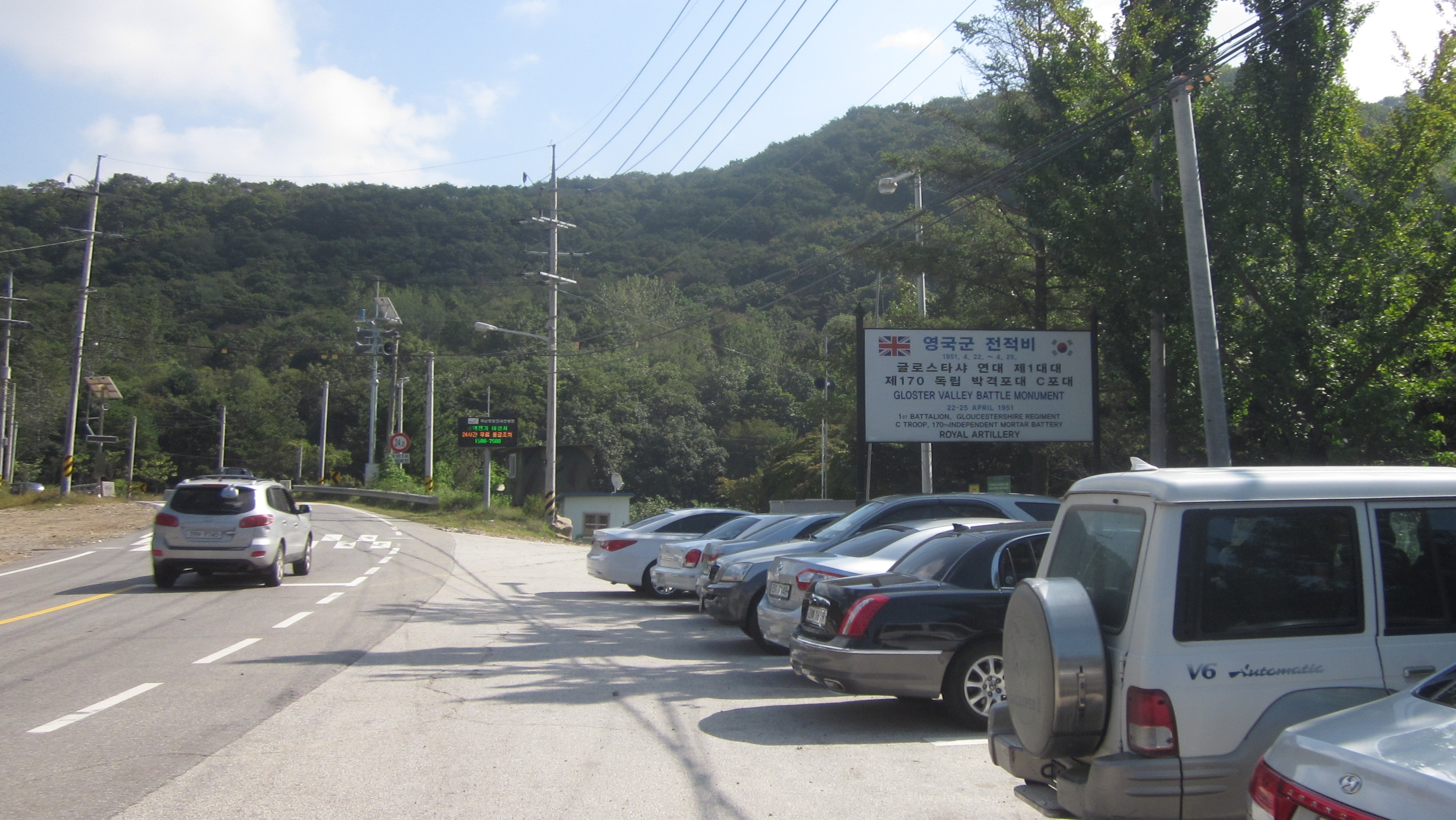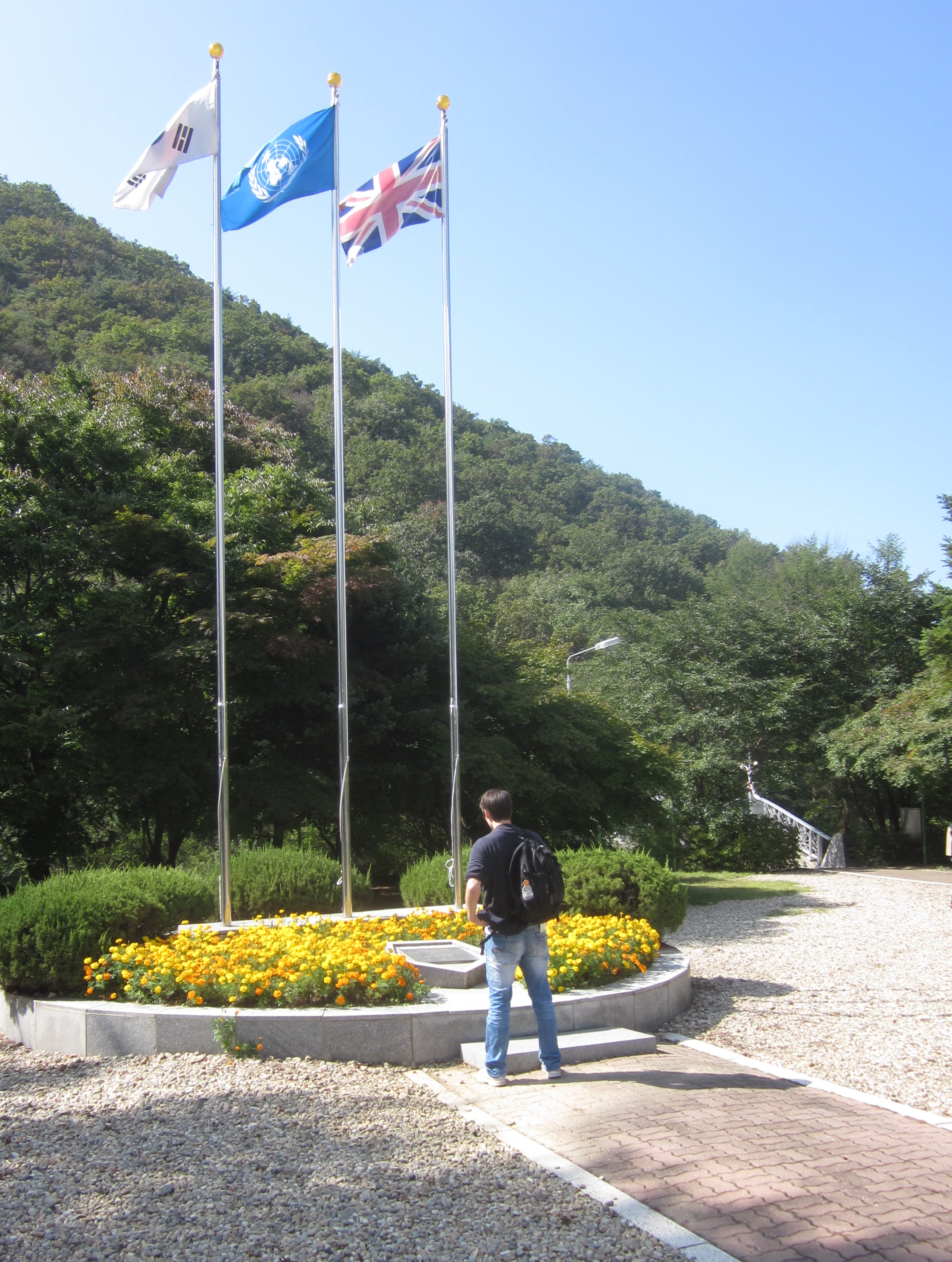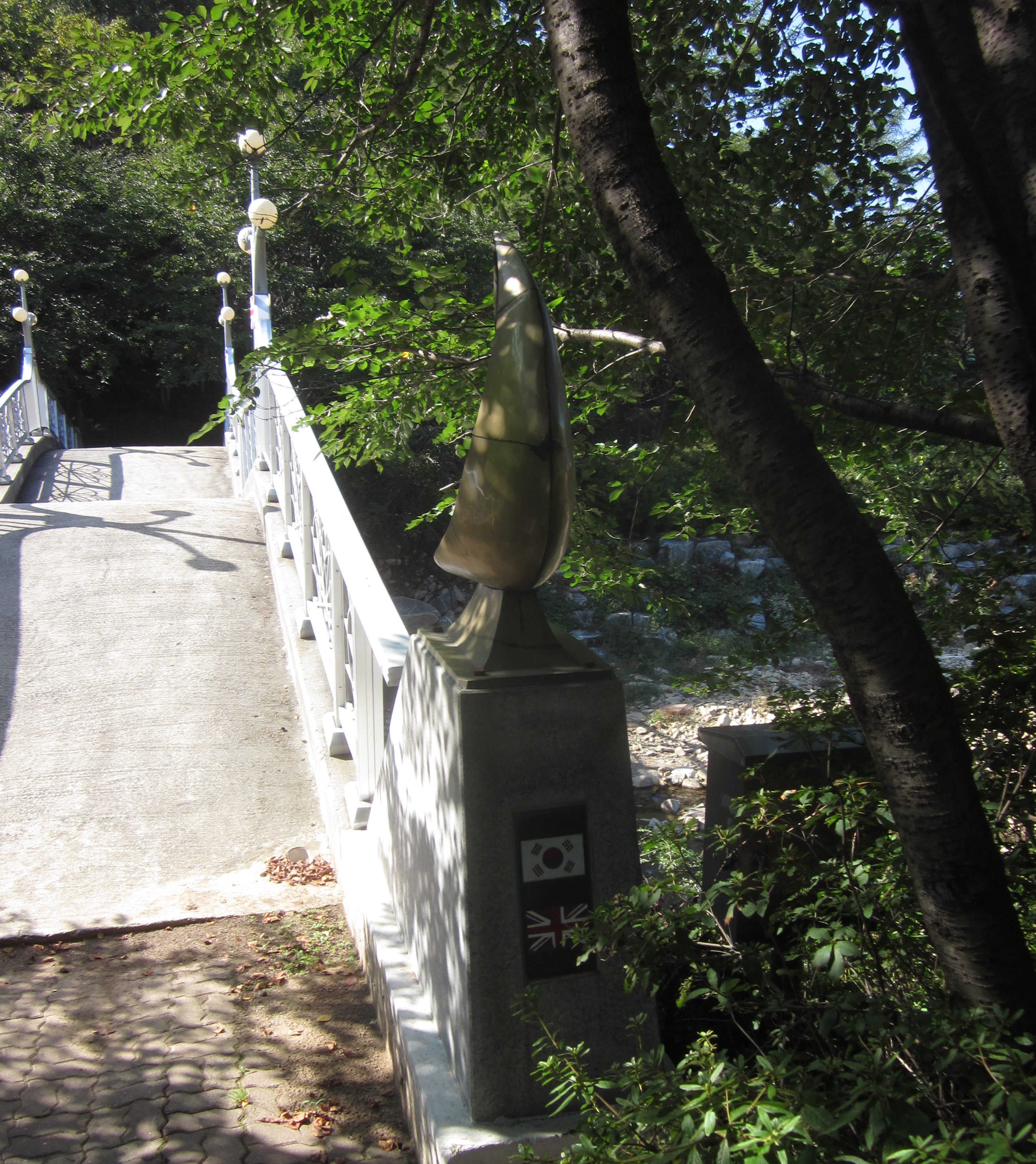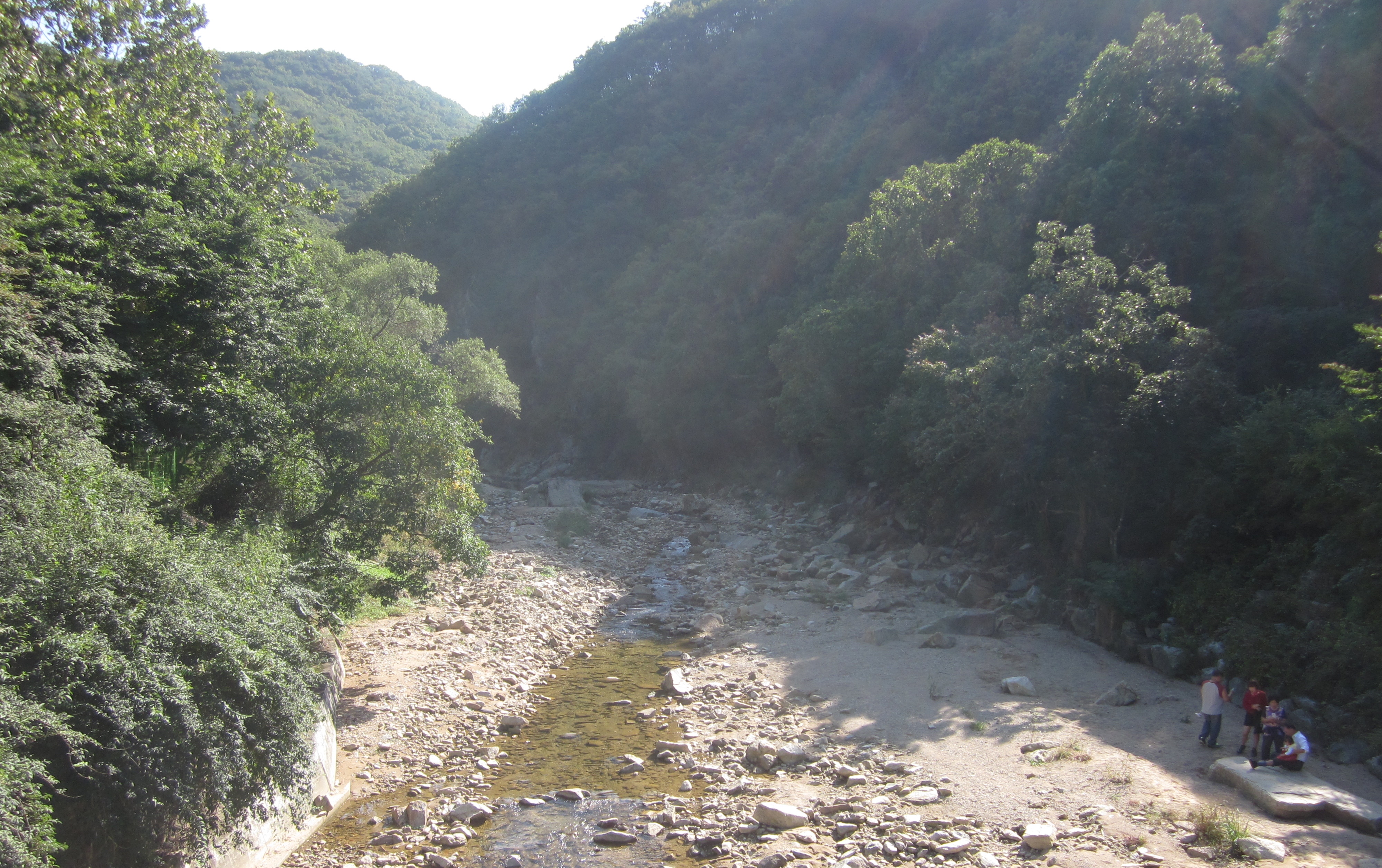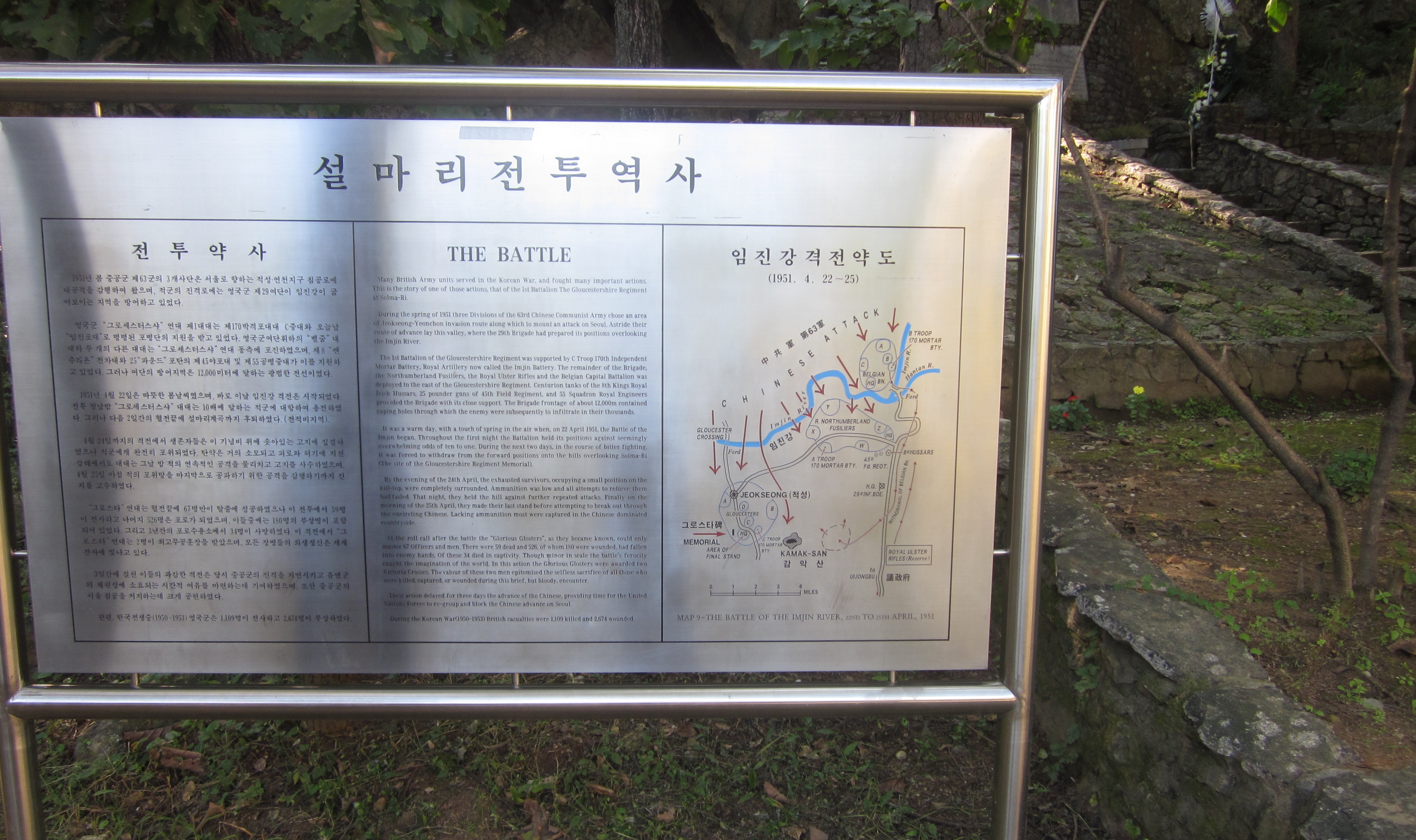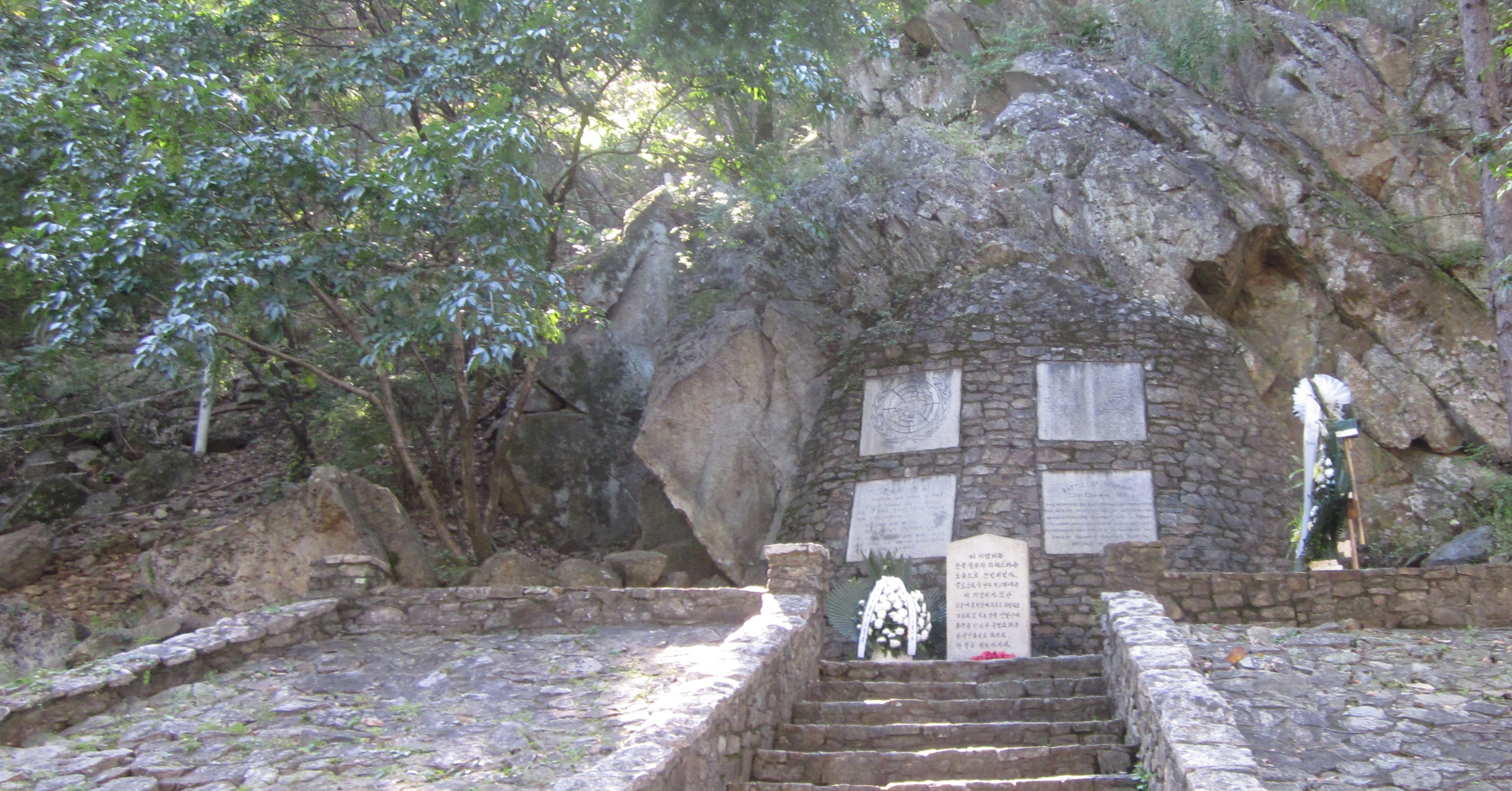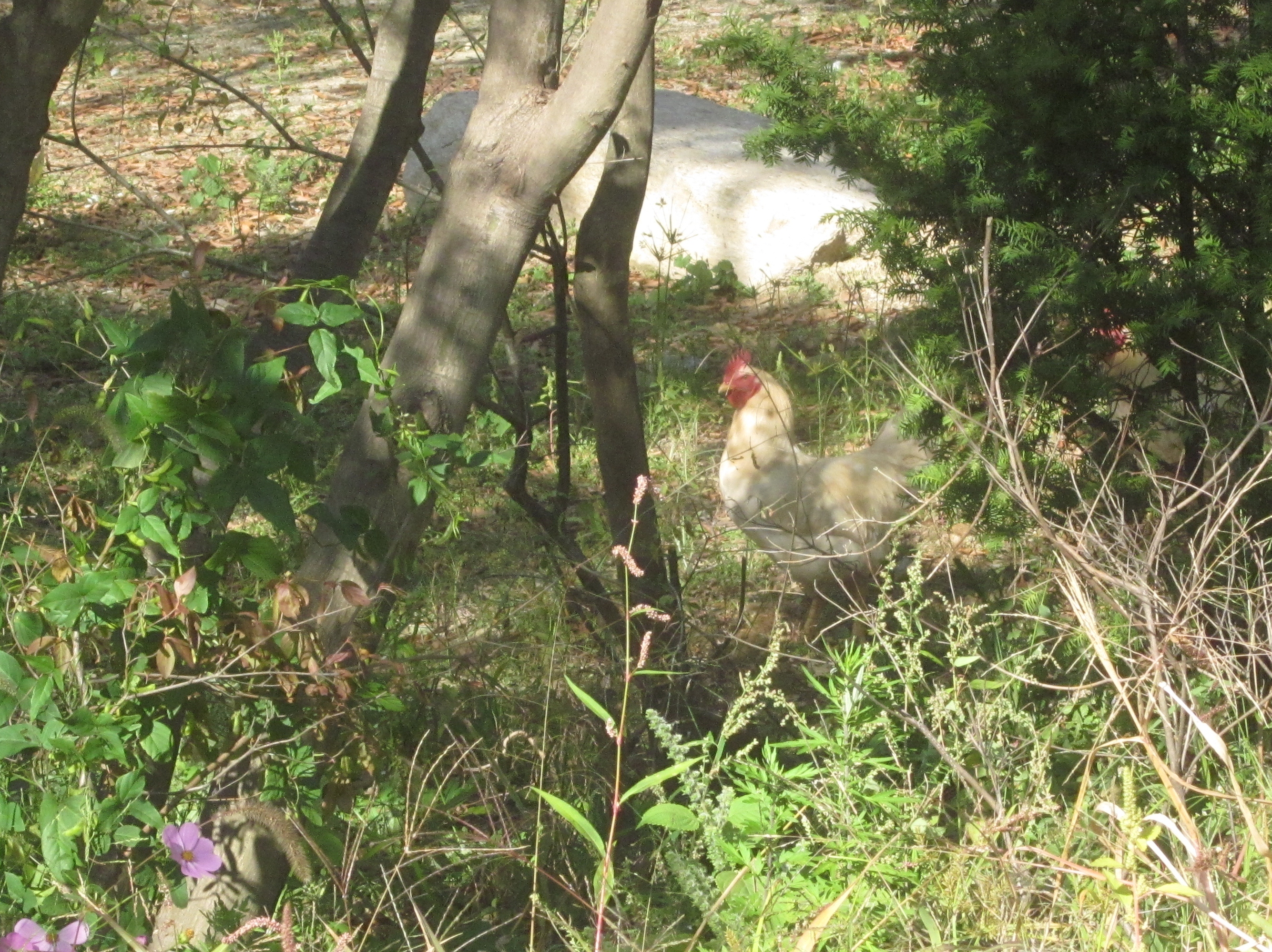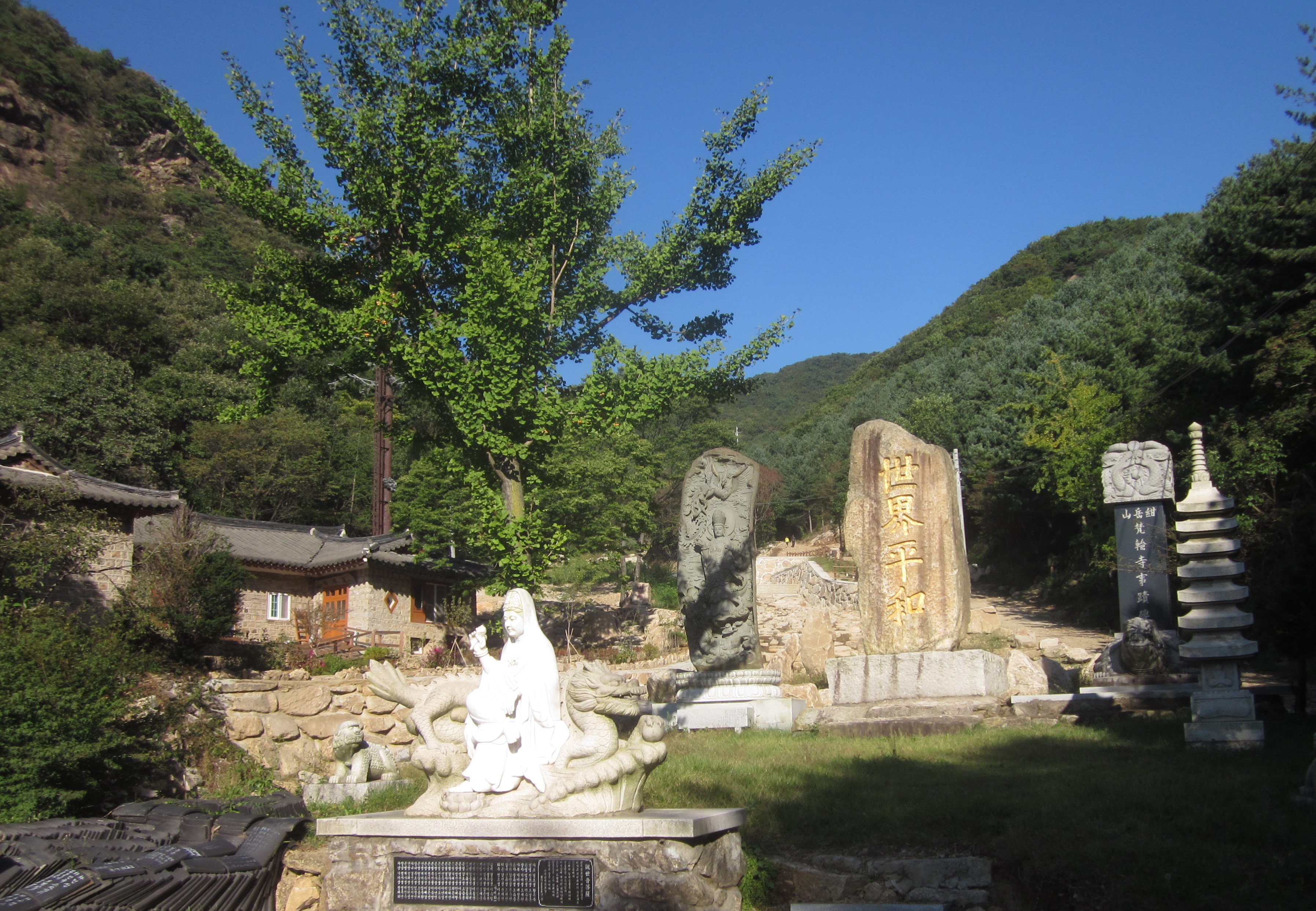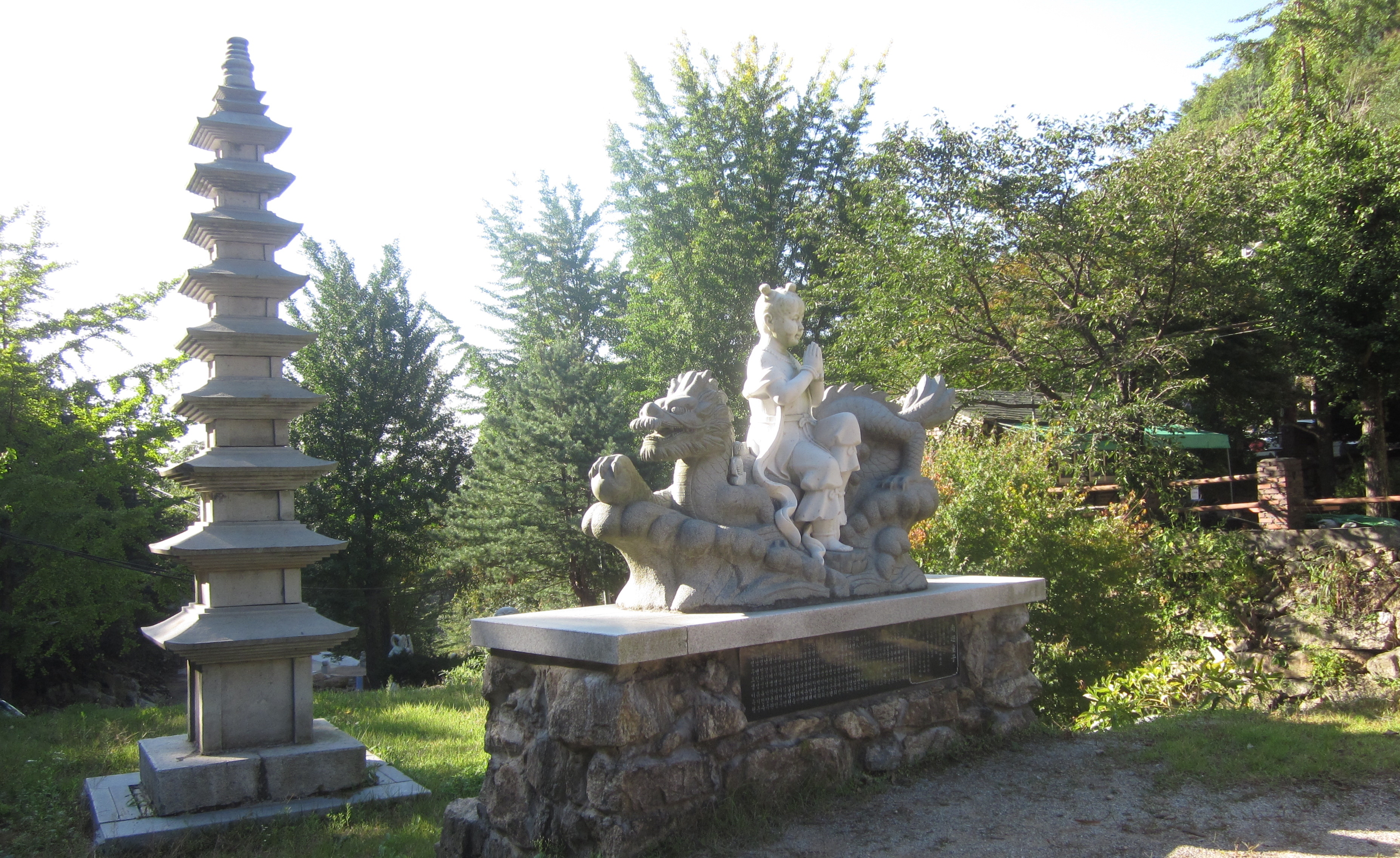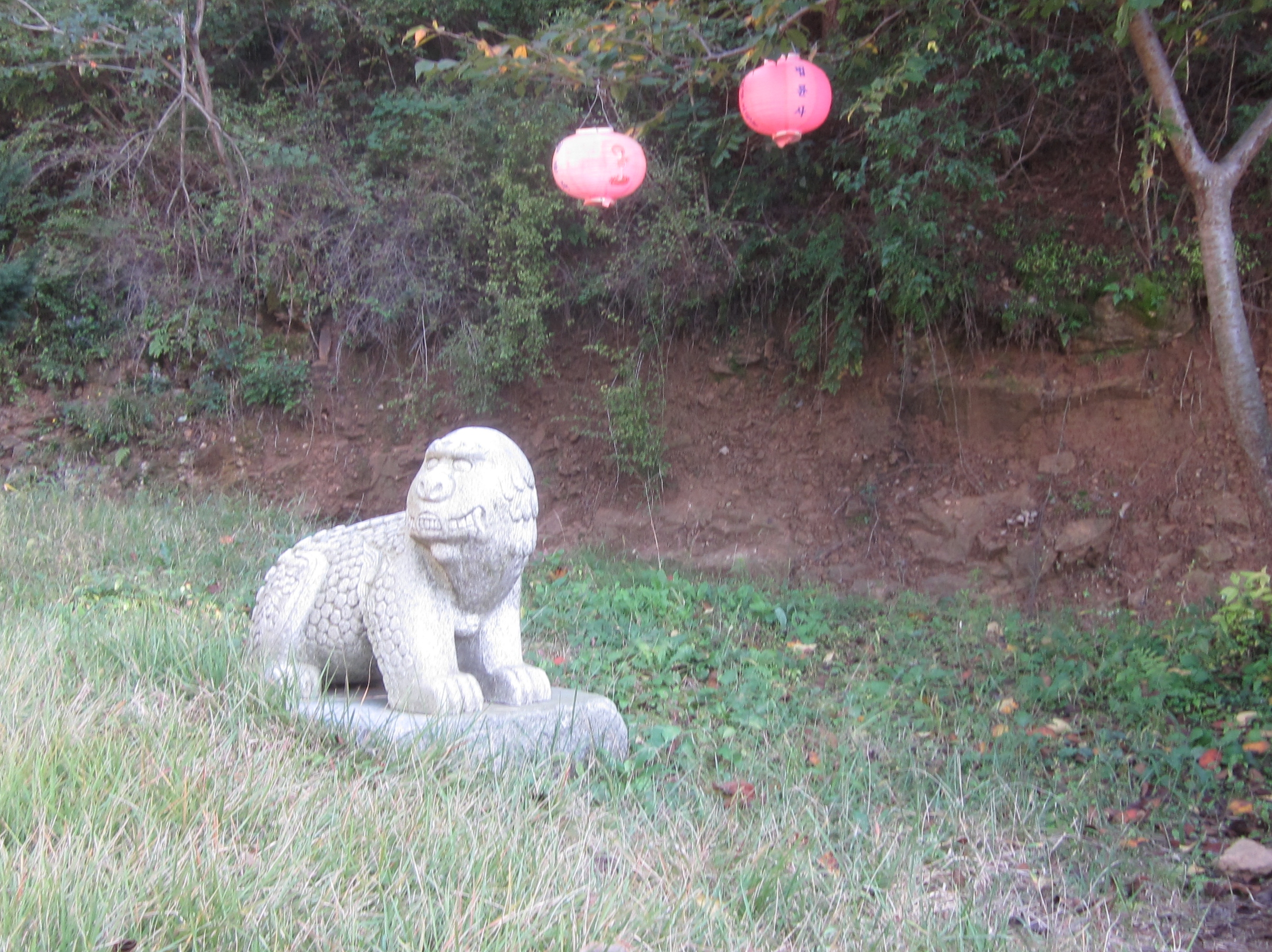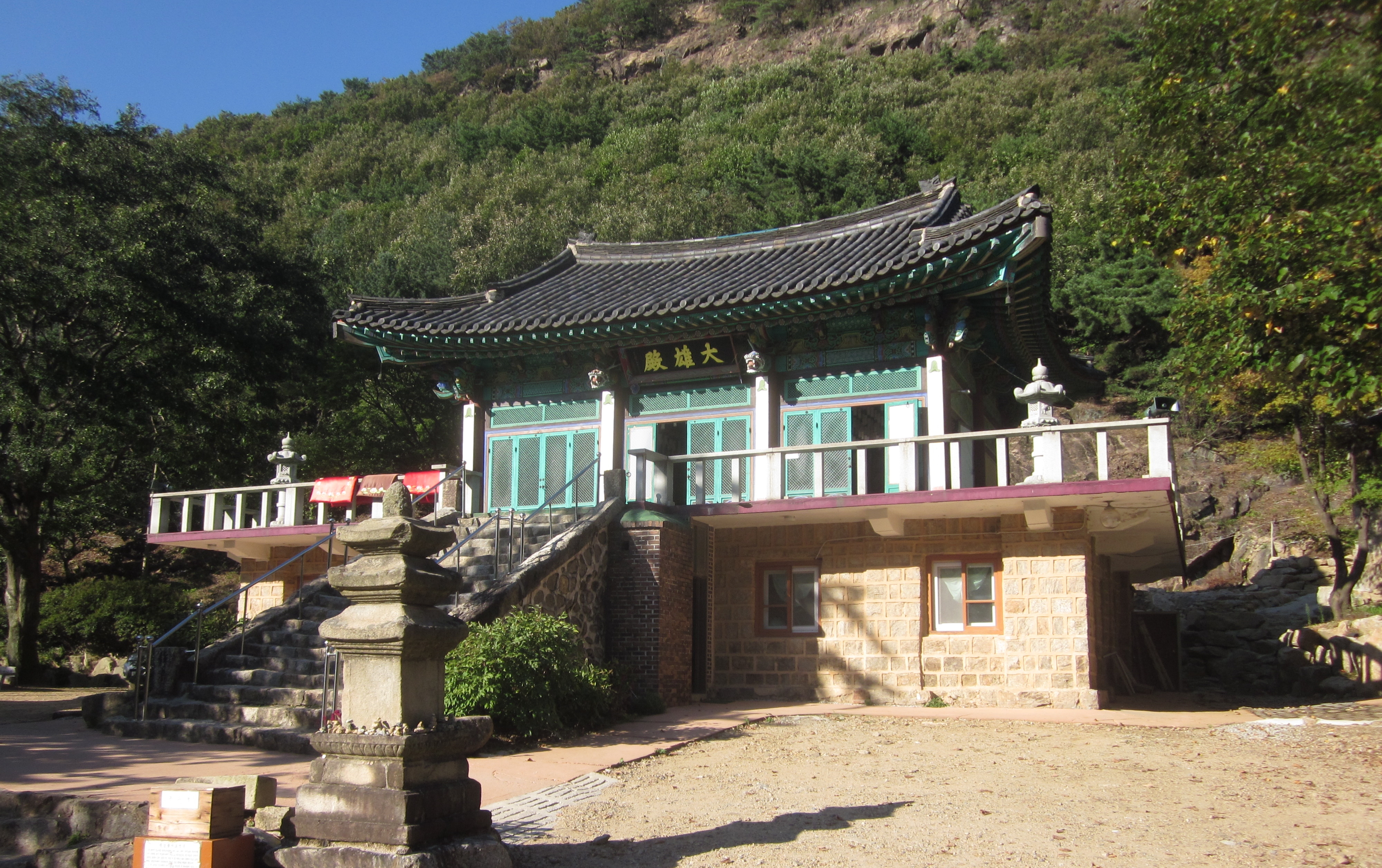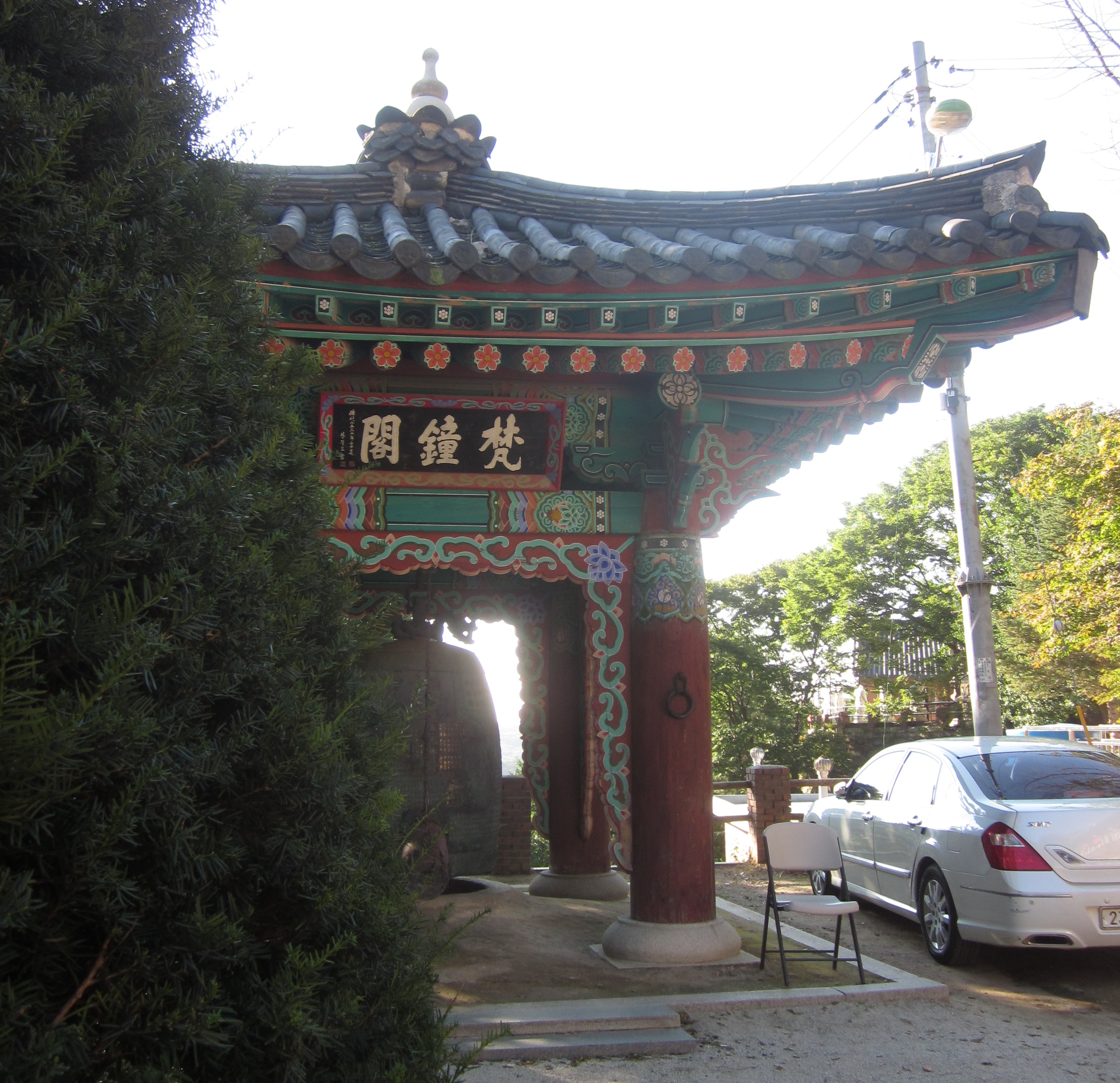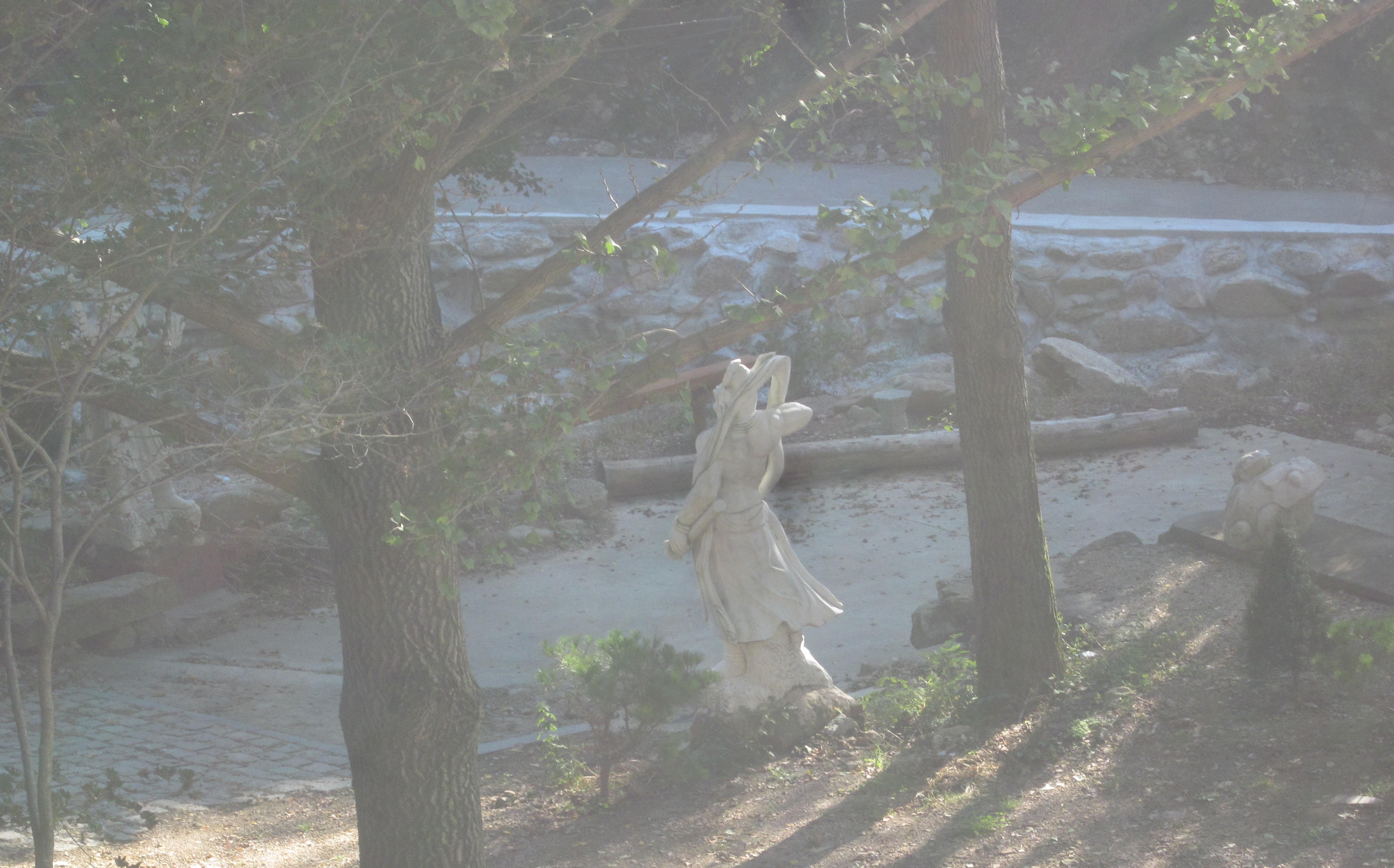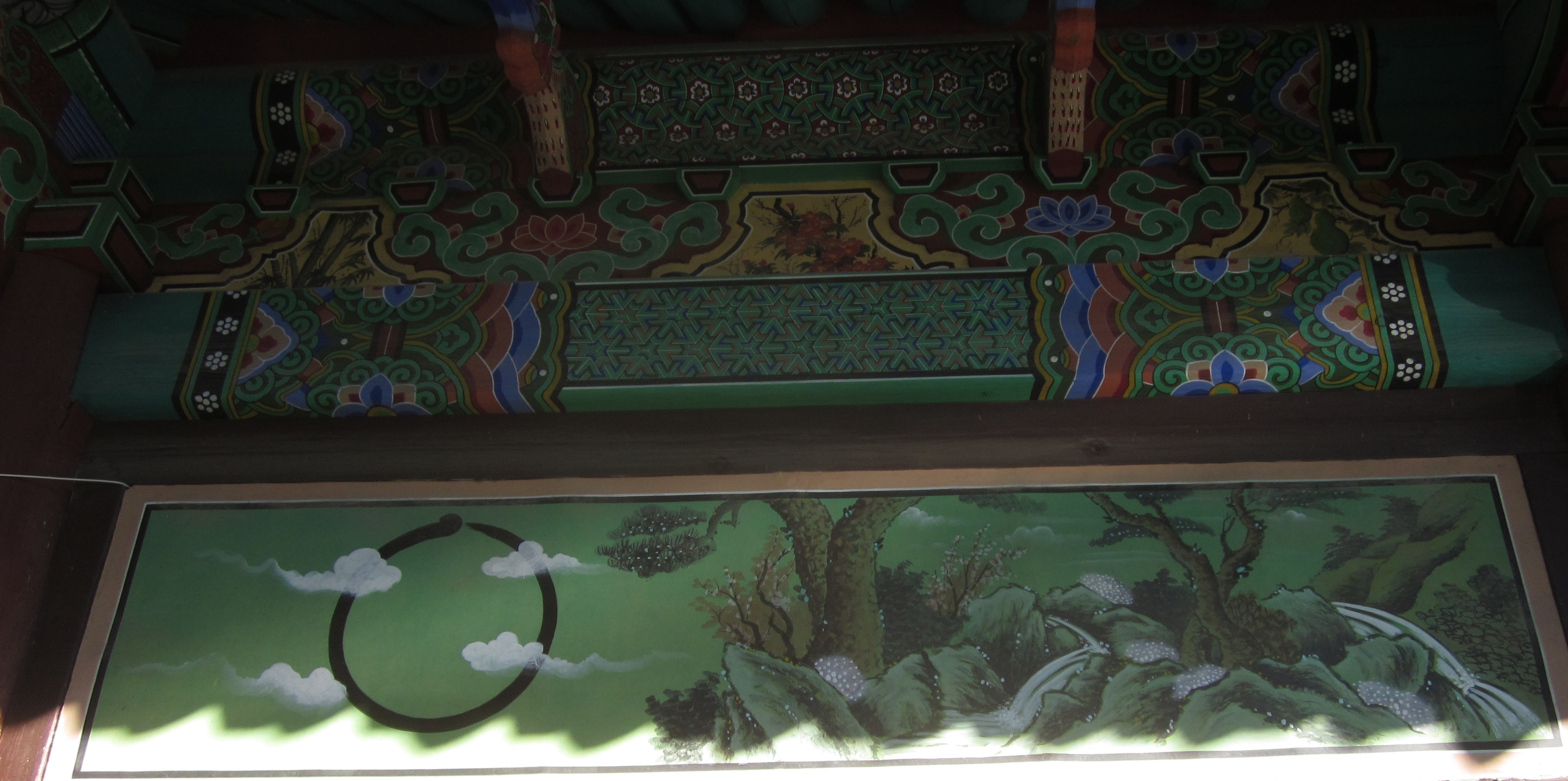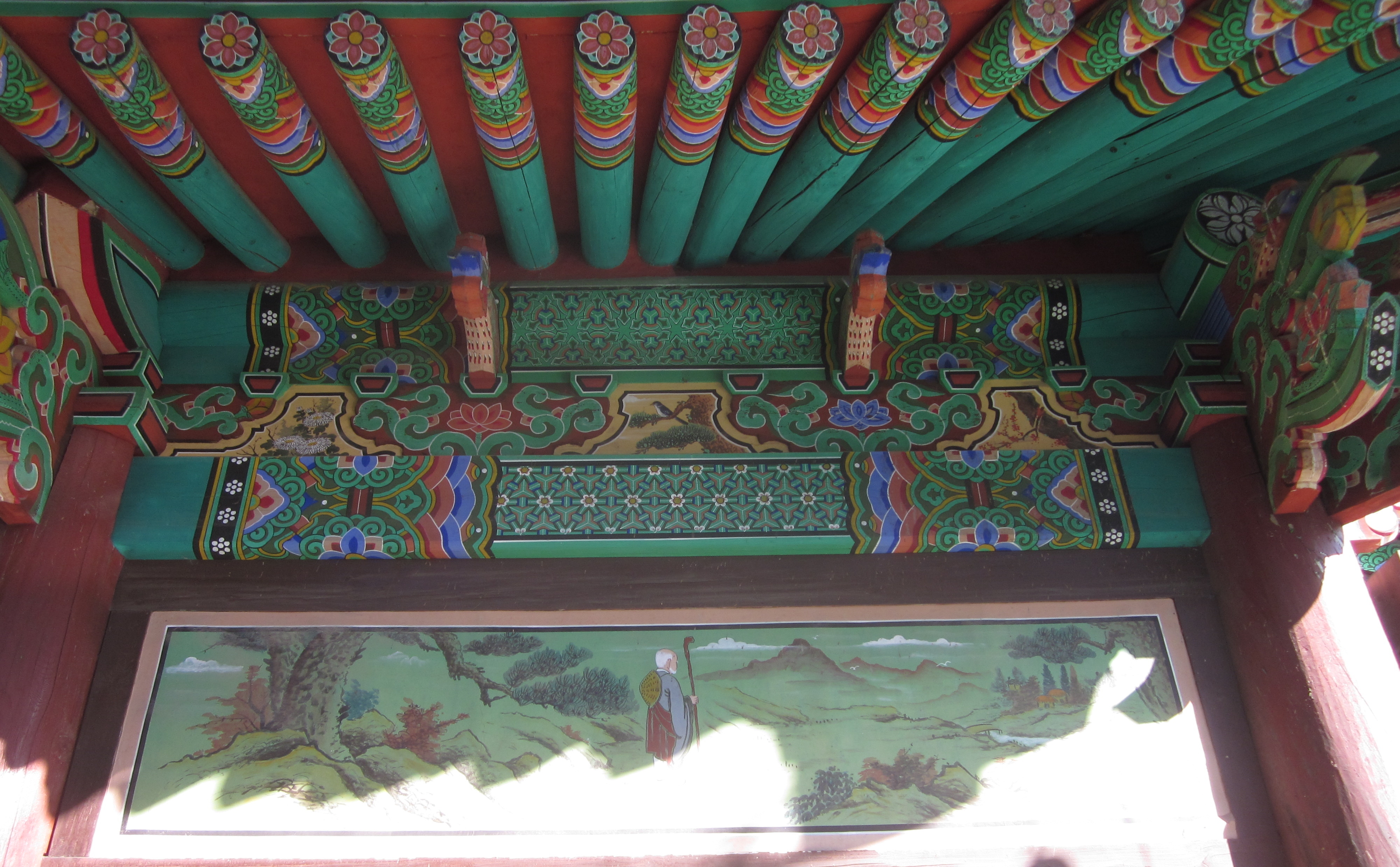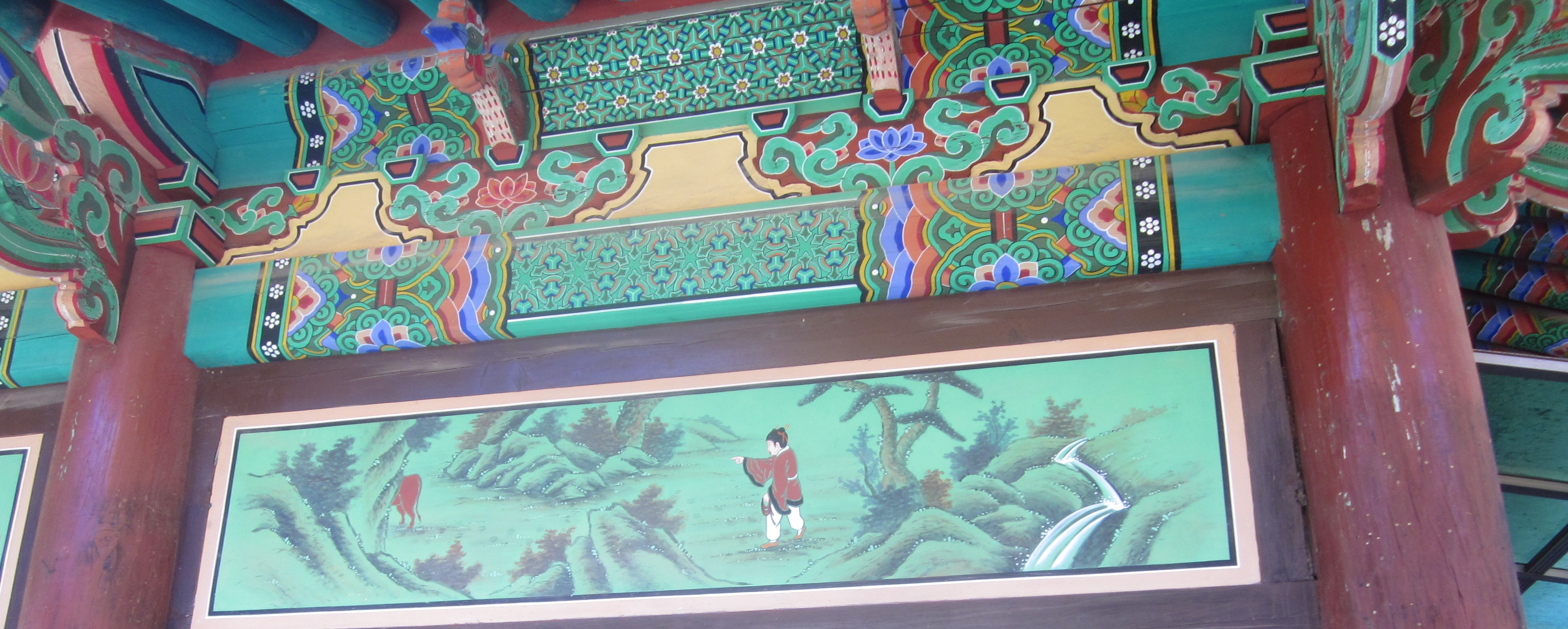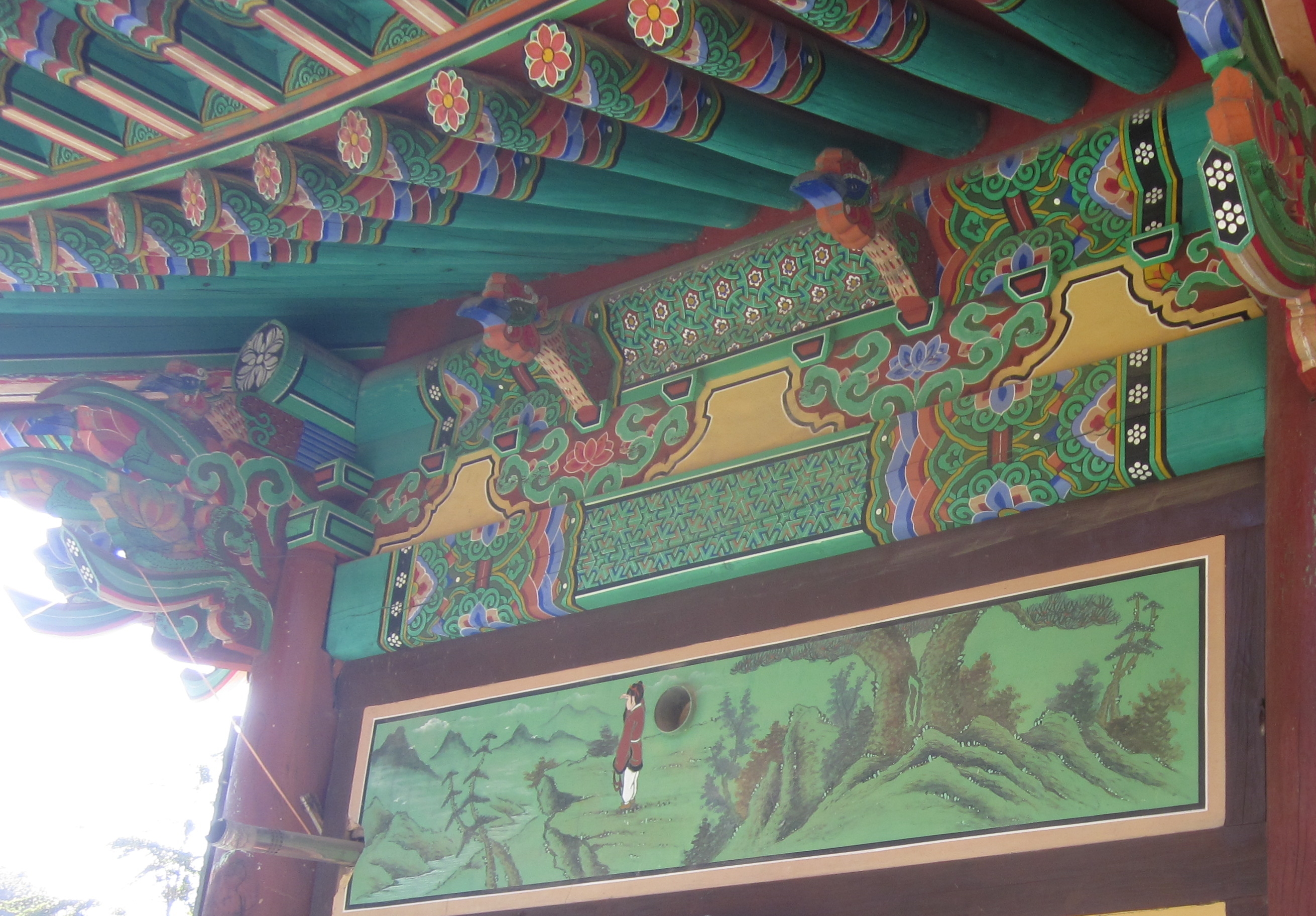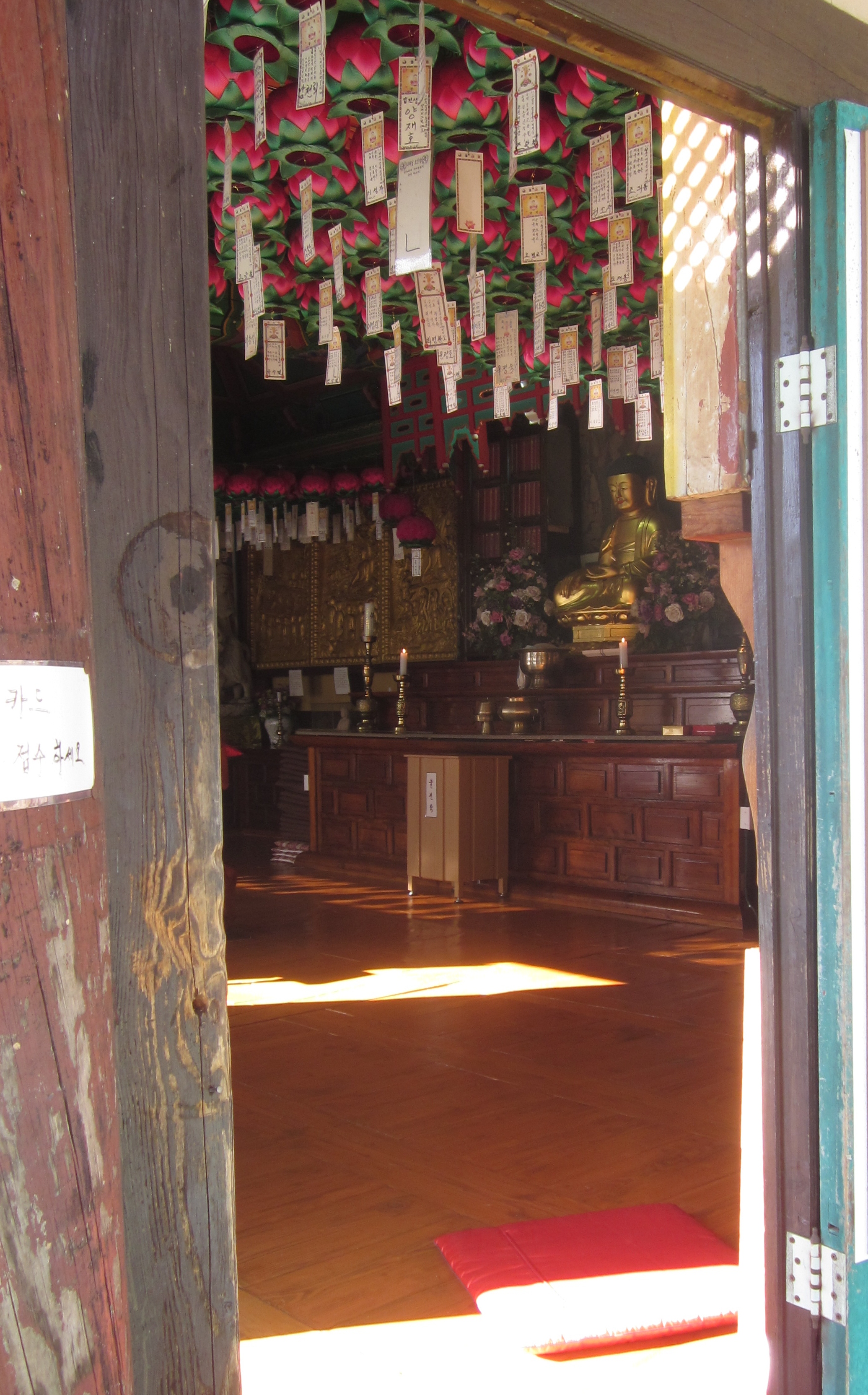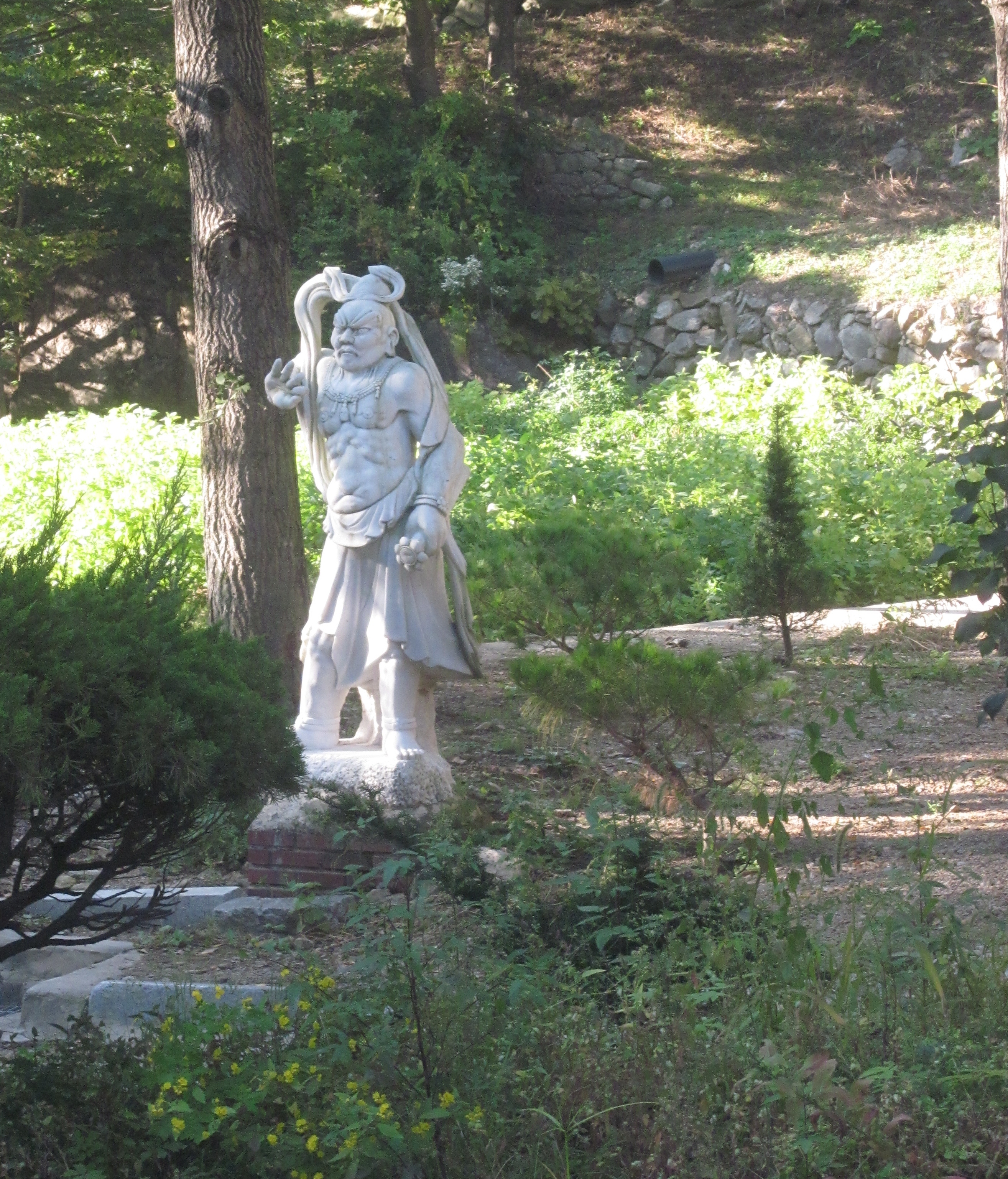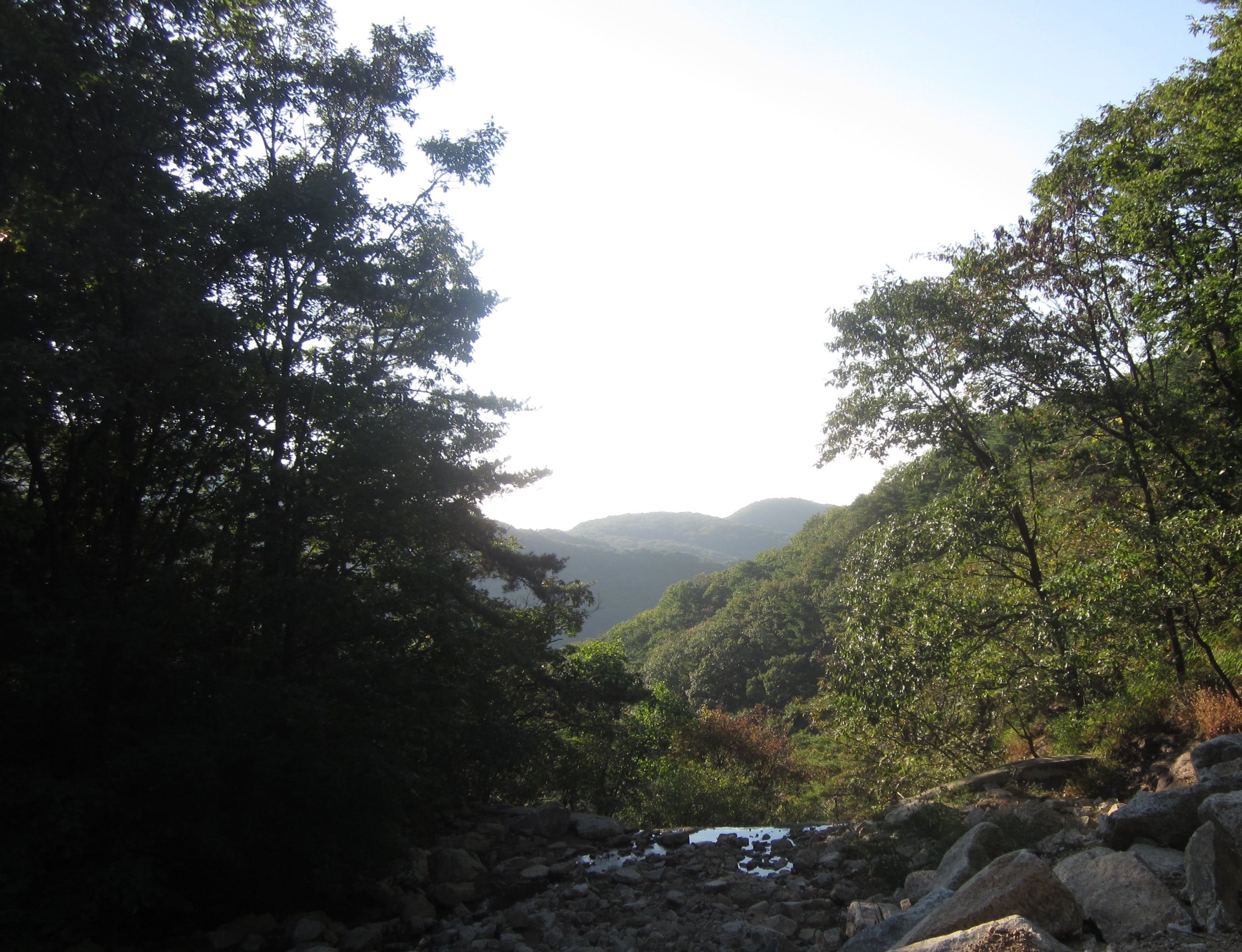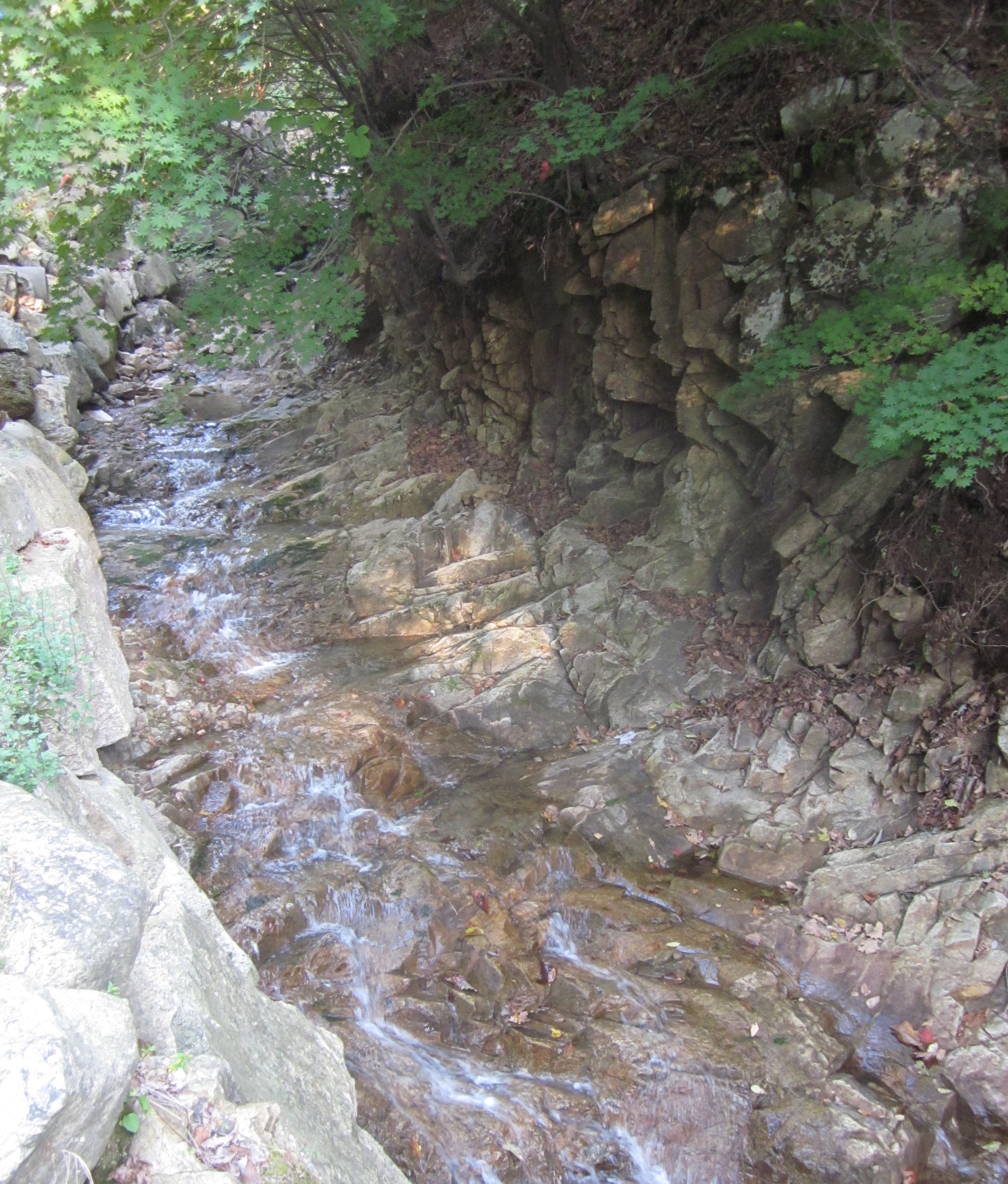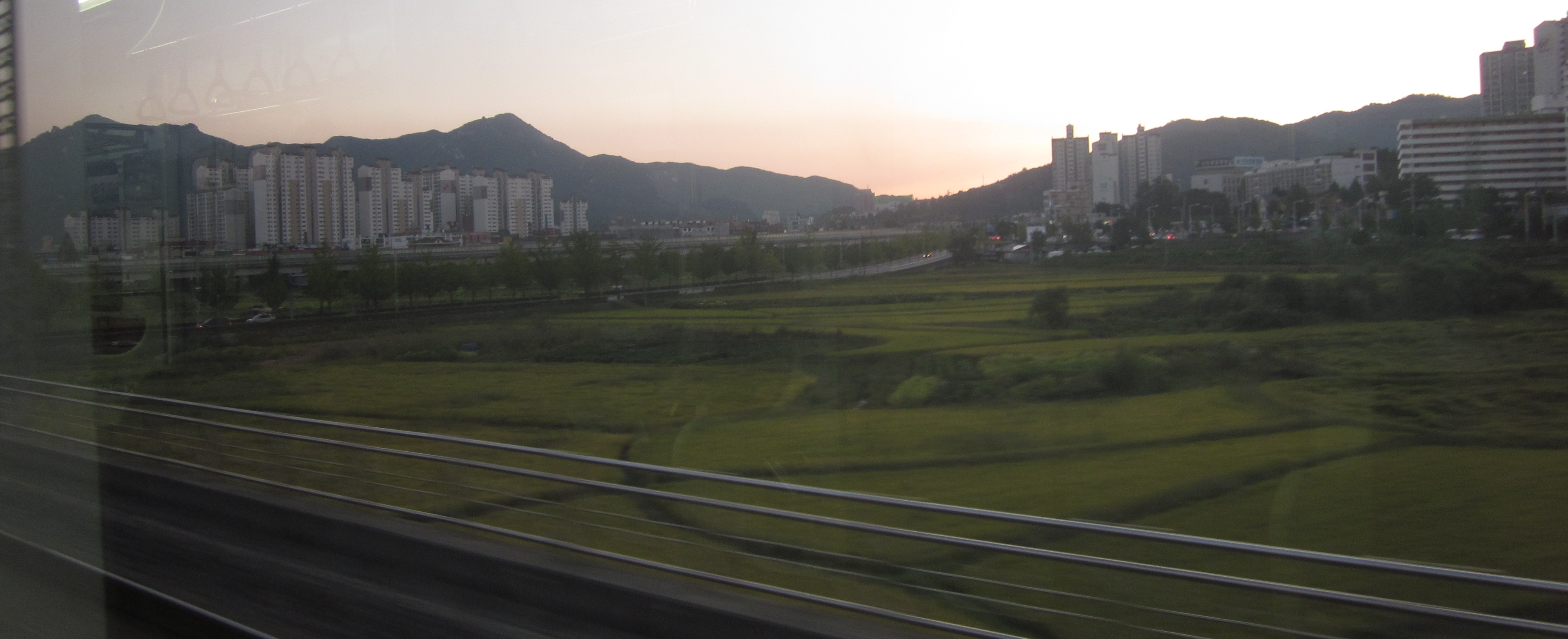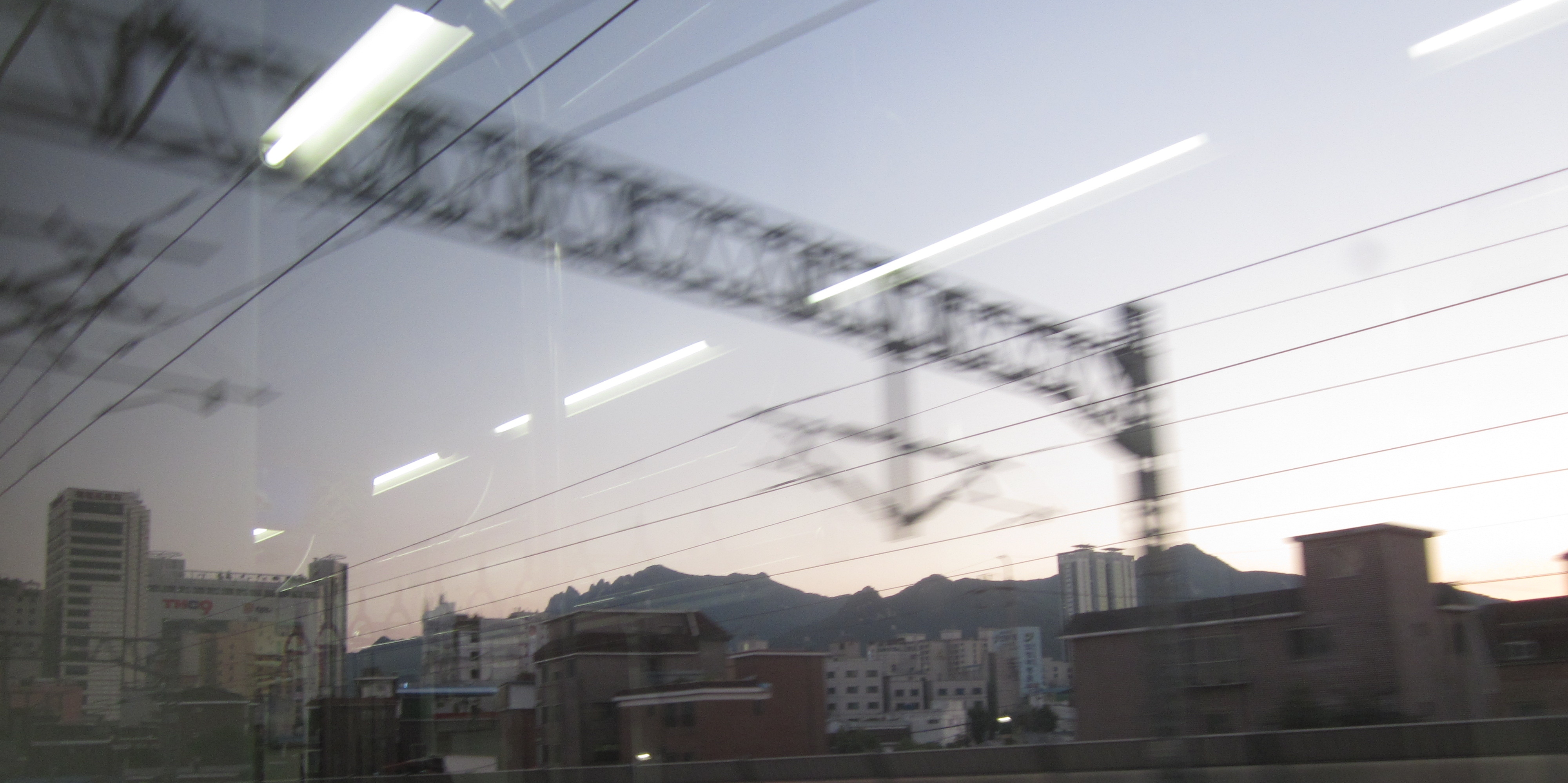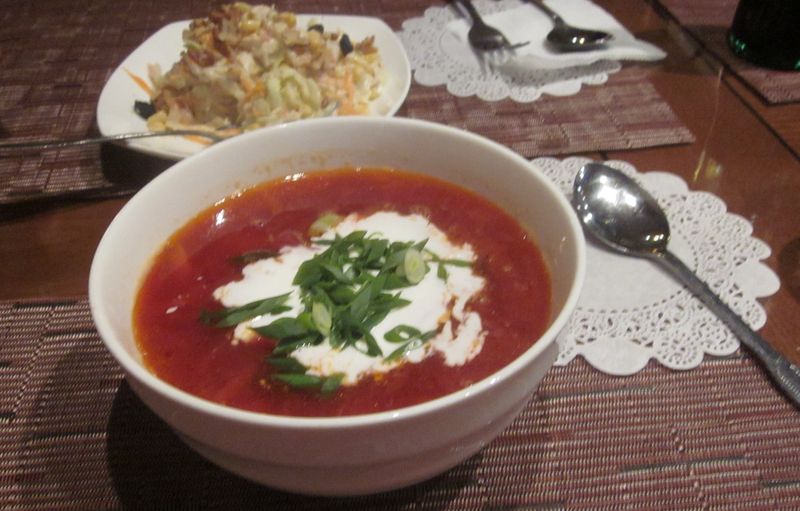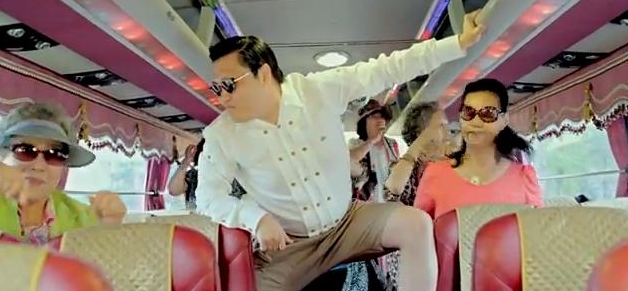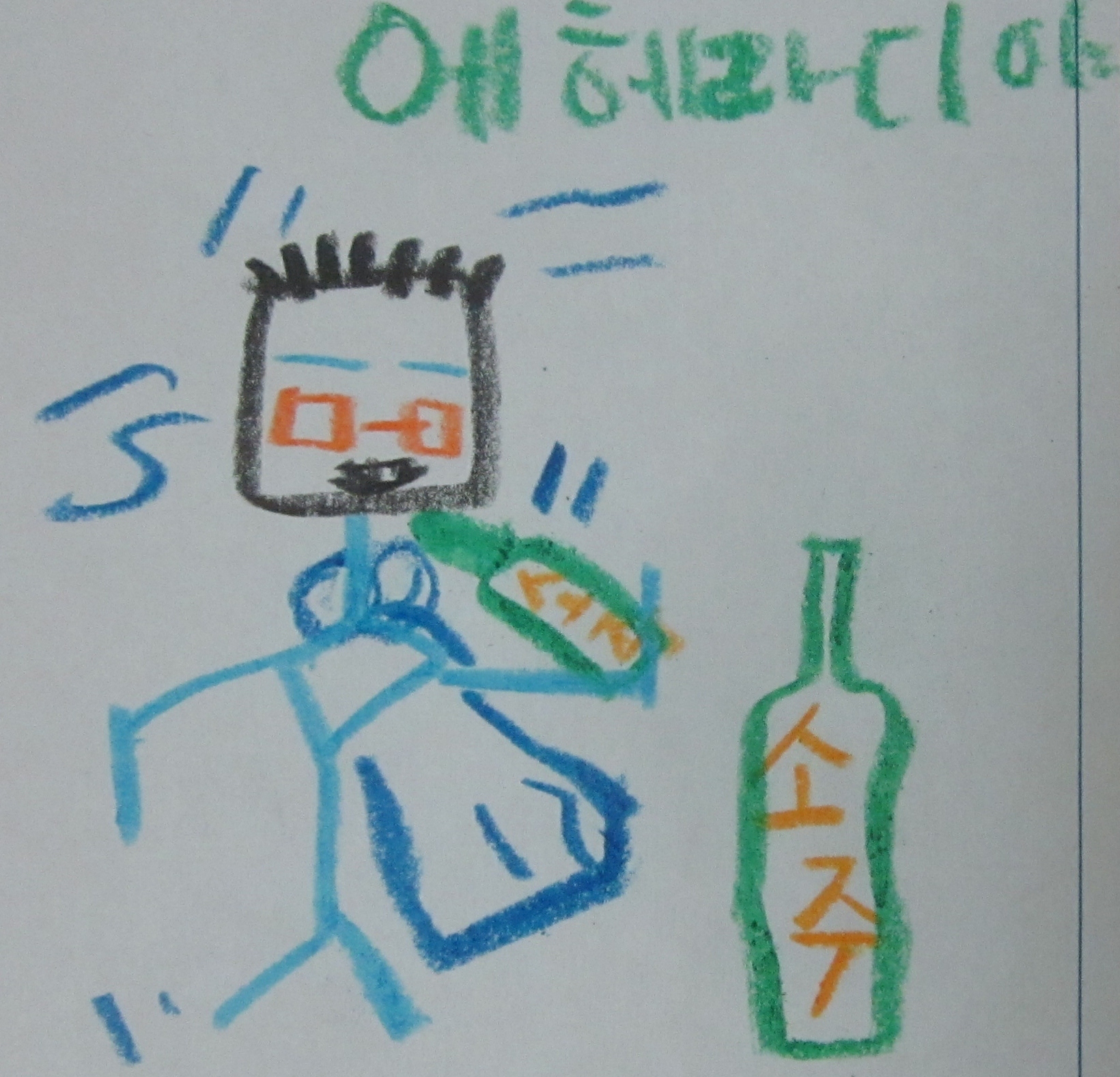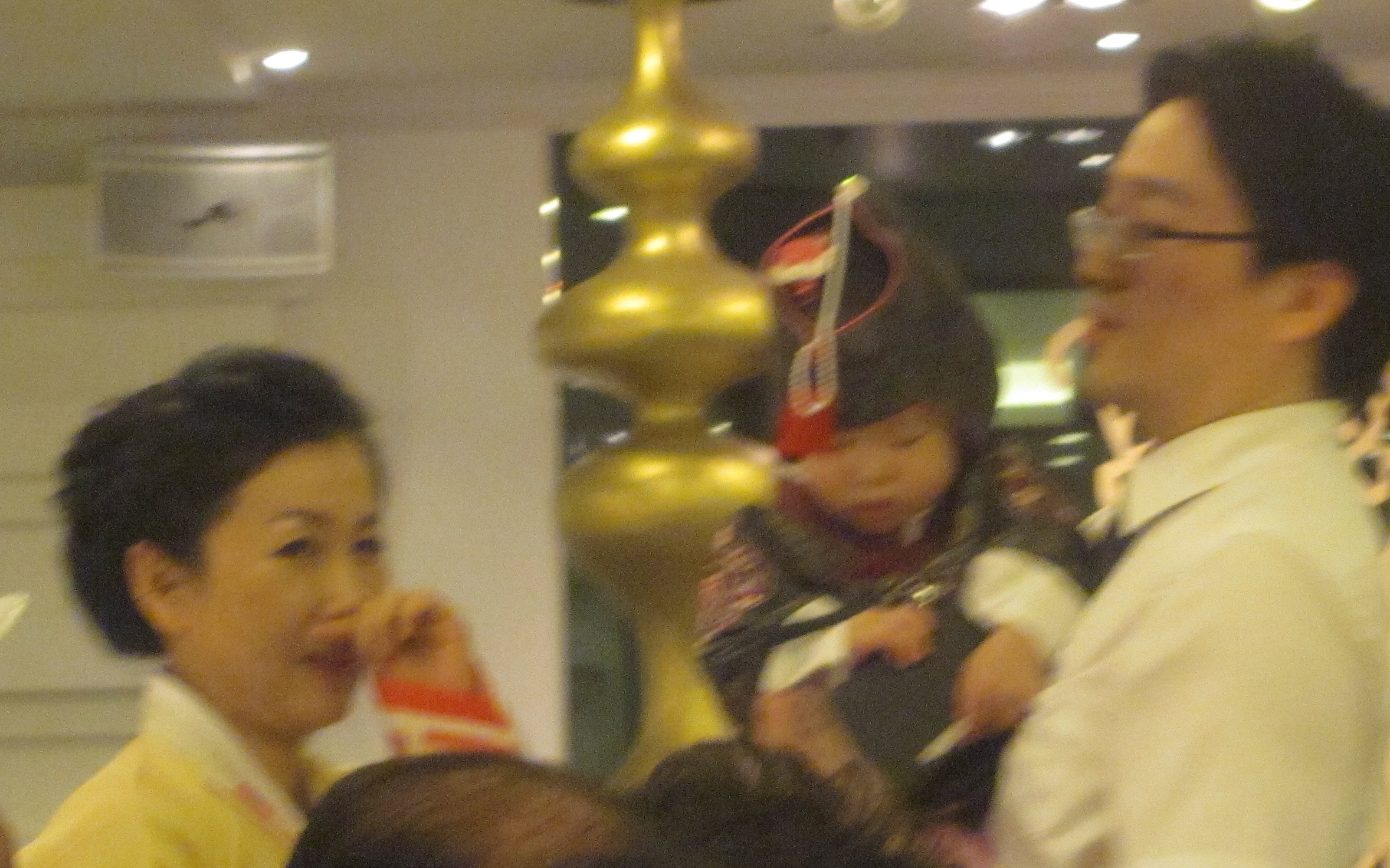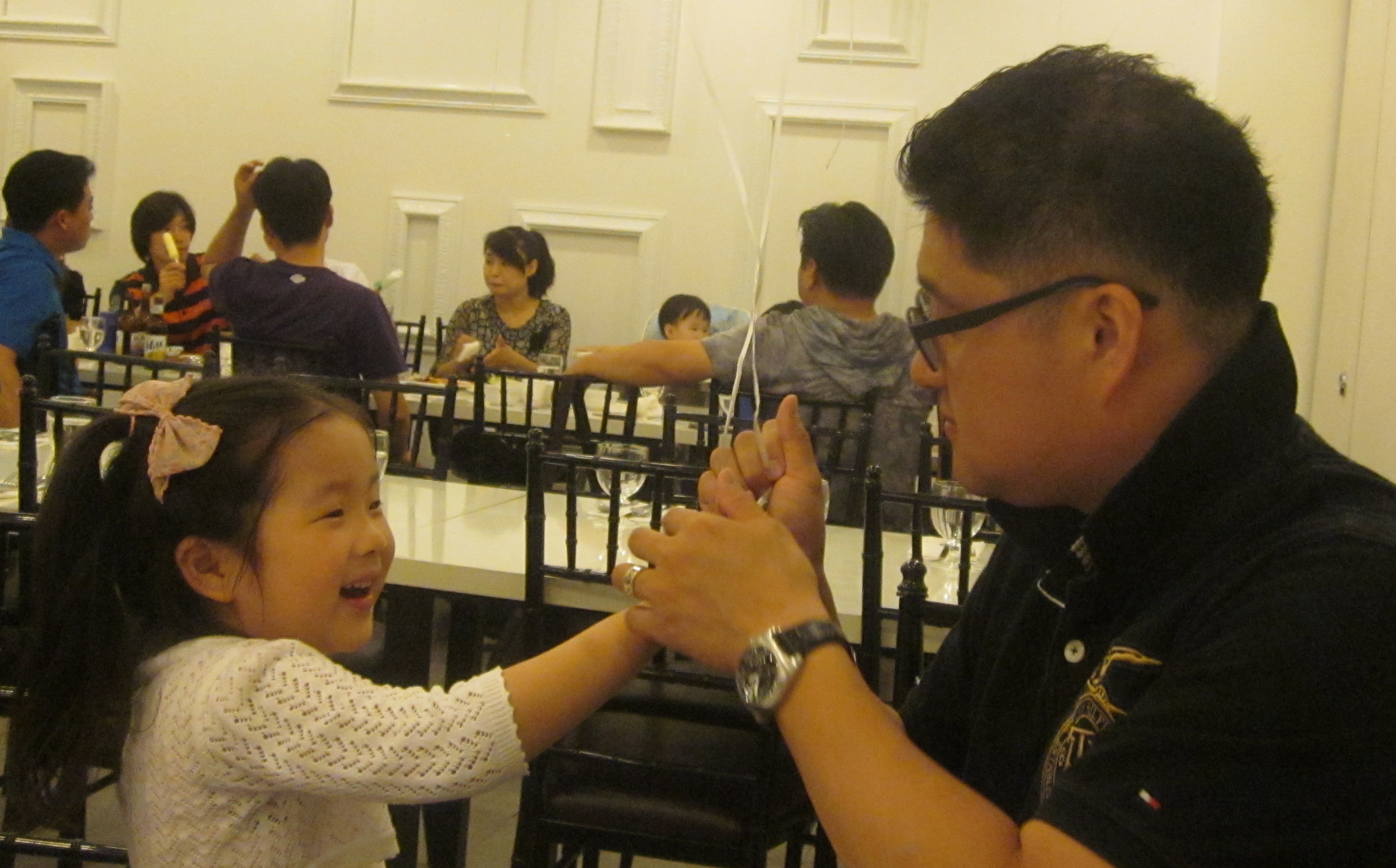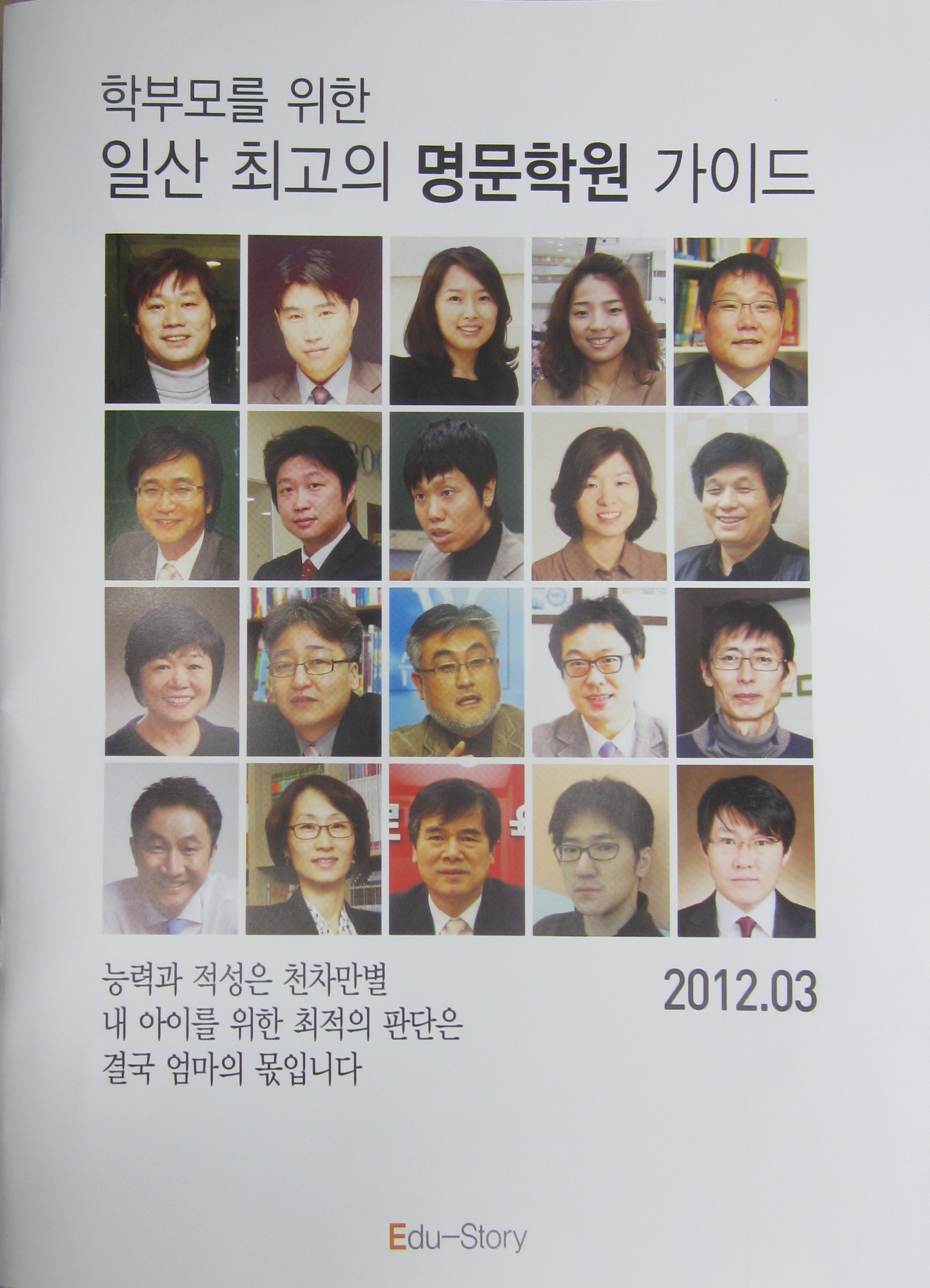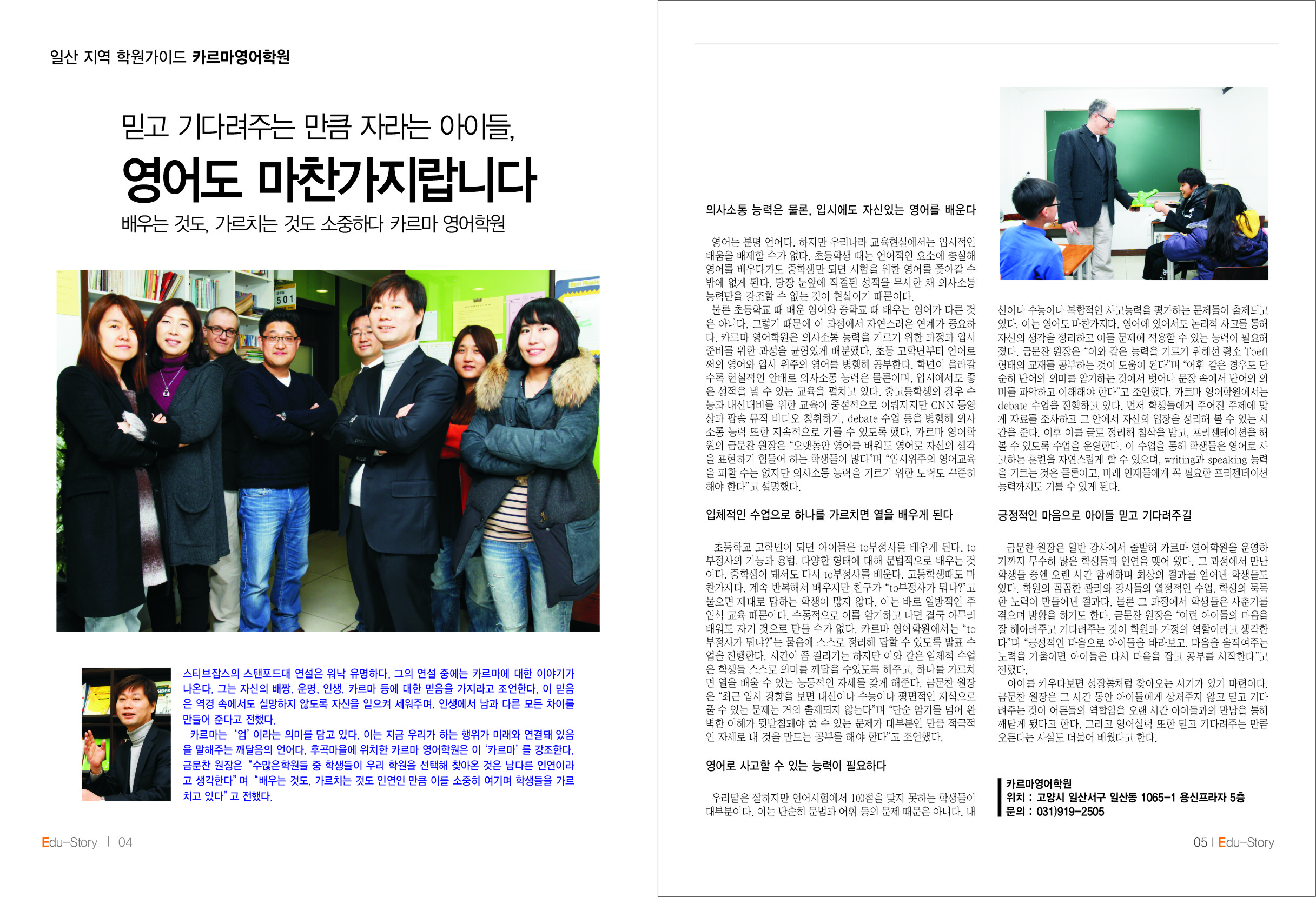오빤 강남스타일
[oppan gangnam”style”]
Daddy-o Gangnam style
강남스타일
[gangnam”style”]
Gangnam style
낮에는 따사로운 인간적인 여자
[najeneun ttasarowoon inganjeokin yeoja]
The woman who is warm humane during day
커피 한잔의 여유를 아는 품격 있는 여자
[keopihanjanui yeoyureul ahneun poomgyeokitneun yeoja]
The elegant woman who knows enjoying a break of a cup of coffee
밤이 오면 심장이 뜨거워지는 여자
[bamiomyeon simjangi tteugeowoajineun yeoja]
The woman whose heart is getting hot when night comes
그런 반전 있는 여자
[geureon banjeon itneun yeoja]
That kind of woman in reverse
나는 사나이
[naneun sanai]
I am a manly man
낮에는 너만큼 따사로운 그런 사나이
[najeneun neomankeum ttasarowoon geureon sanai]
The manly man who is as warm as you during day
커피 식기도 전에 원샷 때리는 사나이
[keopisikkido jeonae “oneshot” ttaerineun sanai]
The manly man who drinks coffee bottoms up before it becomes cool
밤이 오면 심장이 터져버리는 사나이
[bami-omyeon simjangi teojeobeorineun sanai]
The manly man whose heart thumps out when night comes
그런 사나이
[geureon sanai]
That kind of manly man
아름다워 사랑스러워
[ahreumdawoa sarangseureowoa]
So beautiful and lovely
그래 너 hey 그래 바로 너 hey
[geuraeneo “hey” geuraebaro neo “hey”]
That’s right, you, hey, that’s right, you, hey
아름다워 사랑스러워
[ahreumdawoa sarangseureowoa]
So beautiful and lovely
그래 너 hey 그래 바로 너 hey
[geuraeneo “hey” geuraebaro neo “hey”]
That’s right, you, hey, that’s right, you, hey
지금부터 갈 데까지 가볼까
[jigeumbooteo galttekkaji gabolkka]
Would you go all the way with me?
오빤 강남스타일
[oppan gangnam”style”]
Daddy-o Gangnam style
강남스타일
[gangnam”style”]
Gangnam style
오빤 강남스타일
[oppan gangnam”style”]
Daddy-o Gangnam style
강남스타일
[gangnam”style”]
Gangnam style
오빤 강남스타일
[oppan gangnam”style”]
Daddy-o Gangnam style
Eh- Sexy Lady
오빤 강남스타일
[oppan gangnam”style”]
Daddy-o Gangnam style
Eh- Sexy Lady
오오오오
[oooo]
Ohohohoh
정숙해 보이지만 놀 땐 노는 여자
[jeongsukhae boijiman nolttaen noneun yeoja]
The woman who looks virtuous but plays while she plays
이때다 싶으면 묶었던 머리 푸는 여자
[ittaeda sipeumyeon mukkeotdeon meori puneun yeoja]
The woman who lets down her hair if she thinks the time is now
가렸지만 웬만한 노출보다 야한 여자
[karyeotjiman wenmanan nochulboda yahan yeoja]
The more erotic woman even though she wraps her clothes up than a bare one
그런 감각적인 여자
[geureon gamgakjeokin yeoja]
That sensual woman
나는 사나이
[naneun sanai]
I am a manly man
점잖아 보이지만 놀 땐 노는 사나이
[jeomjana boijiman nolttaen noneun sanai]
The manly man who seems gentle but play while I play
때가 되면 완전 미쳐버리는 사나이
[ttaegadwemyeon wanjeon micheobeorineun sanai]
The manly man who freaks when the time is ripe
근육보다 사상이 울퉁불퉁한 사나이
[geunyukboda sasangi ultungbultonghan sanai]
The manly man whose idea is more uneven than muscle
그런 사나이
[geureon sanai]
That kind of manly man
아름다워 사랑스러워
[ahreumdawoa sarangseureowoa]
So beautiful and lovely
그래 너 hey 그래 바로 너 hey
[geuraeneo “hey” geuraebaro neo “hey”]
That’s right, you, hey, that’s right, you, hey
아름다워 사랑스러워
[ahreumdawoa sarangseureowoa]
So beautiful and lovely
그래 너 hey 그래 바로 너 hey
[geuraeneo “hey” geuraebaro neo “hey”]
That’s right, you, hey, that’s right, you, hey
지금부터 갈 데까지 가볼까
[jigeumbooteo galttaekkaji gabolkka]
Would you go all the way with me?
오빤 강남스타일
[oppan gangnam”style”]
Daddy-o Gangnam style
강남스타일
[gangnam”style”]
Gangnam style
오빤 강남스타일
[oppan gangnam”style”]
Daddy-o Gangnam style
강남스타일
[gangnam”style”]
Gangnam style
오빤 강남스타일
[oppan gangnam”style”]
Daddy-o Gangnam style
Eh- Sexy Lady
오빤 강남스타일
[opaan gangnam”style”]
Daddy-o Gangnam style
Eh- Sexy Lady
오오오오
[oooo]
Ohohohoh
뛰는 놈 그 위에 나는 놈
[ttwineun nom geuwie naneun nom]
The jumping guy, the upcoming guy
Baby Baby
나는 뭘 좀 아는 놈
[naneun mweoljom ahneun nom]
I am the guy who knows a little something
뛰는 놈 그 위에 나는 놈
[ttwineun nom geuwie naneun nom]
The jumping guy, the upcoming guy
Baby Baby
나는 뭘 좀 아는 놈
[naneun mweoljom ahneun nom]
I am the guy who knows a little something
You know what I’m saying
오빤 강남스타일
[oppan gangnam”style”]
Daddy-o Gangnam style
Eh- Sexy Lady
오빤 강남스타일
[oppan gangnam”style”]
Daddy-o Gangnam style
Eh- Sexy Lady
오빤 강남스타일
[oppan gangnam”style”]
Daddy-o Gangnam style
I found the lyrics floating around online, very badly translated and romanized. I have taken liberties with the translation – perhaps to the benefit of accuracy, perhaps not. In particular, I decided that 오빠 (oppa) should be “daddy-o” – it has a similar slang connotation, I think, unless I’ve misunderstood what it is. [Update: but see also my entire blog entry following up on this choice of translations]. Certainly it’s not “I’ve got” which is how the source tried to render it. And I made 사나이 into “manly man” – trying to reflect the parodical aspect – the source just had it as “guy.”
I’ve tried to make the romanization (in square brackets) more regular (following the SK standard, mostly). I probably missed some things, though.
The song is meant to be funny. The video certainly is – it’s over-the-top cultural parady, mostly. Don’t think the guy is really taking himself seriously – he’s not.


